
DOWNLOAD THE IDEA GUIDE
Every great novel starts with a great idea. But finding the right story to tell can be a daunting task. Whether you're a first-time writer or a seasoned pro, this free novel idea guide will help kickstart your creativity.

Upcoming Webinars
Get an insider's view of the publishing world with Publishing Lunch, the ultimate speaker series designed for writers ready to thrive. This isn’t just another webinar; it’s your backstage pass to candid conversations with industry pros like literary agents, acquisitions editors, and more.
While picture books are easy and fun to read—they can be extremely challenging to write well! Join me on an exploration of this amazing, engaging, and colorful category of children’s books.
Get an insider's view of the publishing world with Publishing Lunch, the ultimate speaker series designed for writers ready to thrive. This isn’t just another webinar; it’s your backstage pass to candid conversations with industry pros like literary agents, acquisitions editors, and more.
Get an insider's view of the publishing world with Publishing Lunch, the ultimate speaker series designed for writers ready to thrive. This isn’t just another webinar; it’s your backstage pass to candid conversations with industry pros like literary agents, acquisitions editors, and more.
Query letters are the most controversial topic in publishing. They’re your foot in the door in the slush pile, and a good one will launch you toward your publishing goals. Learn how to write a compelling query from a former literary agent, get advice for agent and publisher research, and discover some surprising submission dos and don’ts.
Videos
Mary Kole is joined by writing expert John Matthew Fox to chat about his work helping authors and founding his company, Bookfox. Conversation topics include the different publishing paths available to writers, the benefits and drawbacks of traditional vs. self-publishing, the challenges of effectively marketing one's work, and going beyond commercial success.
Despite the challenges of balancing writing with a day job and parenting, middle grade and YA author Tracy Badua keeps churning out adventurous contemporary fantasy stories. Tracy’s books explore themes of cultural identity, family expectations, and folklore, even drawing inspiration from Filipino superstitions she grew up with.
Young adult author Farrah Penn details her publishing journey, from striking out on submission to her debut novel. Listen in to this conversation for thoughts on the young adult genre, using tropes, crafting stakes and curveballs for your characters, and how screenwriting may help when writing a novel.
Romance author Allison Speka joins the pod to discuss her journey into writing and self-publishing. She talks about her love for the romance genre and shares her experience with self-publishing, including tips on cover design, book marketing, and the value of learning from other indie authors.
Book Marketer and PR Coach Emily Enger joins Mary to talk about some of the aspects of the writing process that might leave a yucky taste in our mouths. Tune in for actionable tips and insights into a publicist and marketer's side of the publishing world.
Think twice before you moralize in your book. Ditch "sharing is caring!" and go for a more nuanced message. Here's how.
Lisa Stringfellow, award-winning author and middle school teacher, discusses her debut novel about mermaids and mythology set in the Caribbean, “A Comb of Wishes.” She talks through her long journey from draft to finished book—plus plans for Book 2—and shares craft and industry tips she’s learned along the way.
Author and former assistant professor of creative writing Leslie C. Youngblood joins Mary Kole on the Good Story Podcast. She shares her journey through her MFA program, gives tips on crafting interesting character relationships, and weighs in on one of the hottest questions for authors today: traditional or self-publishing?
A conversation with debut science fiction and fantasy author Rebecca Coffindaffer (CROWNCHASERS, out now from HarperTeen) all about worldbuilding.
Writer, writing teacher, ghost writer, and general literary icon Roz Morris joins Mary Kole for an interview on the Good Story Speaker Series. They dive into the mechanics of storytelling and discuss how to connect with your audience—whether you're writing someone else's story or your telling your own.
Mindy McGinnis—mystery, suspense, thriller author and dog haver—joins the Good Story Podcast to talk about her upcoming work with James Patterson, book snobbery, and showing characters' humanity.
NYT Bestselling young adult and middle-grade author Jonathan Auxier joins Mary Kole to discuss visual writing, worldbuilding, and how different media use dialogue to create action.
Books that teach life lessons are fine...as long as you don't clobber readers over the head with your theme. So how do you weave a message into your story without being too obvious?
If you're wondering how many characters you should put in your novel, or how big your cast of characters should be (or how small), check out this video.
Story Mastermind is a five-month small group workshop intensive. The deliverable is a fully workshopped novel draft and submission materials. We’ll give you a taste of how we discuss story in Novel Mastermind: from the premise, the elevator pitch, the logline; to theme, character objective, and stakes.
Publishing loves its buckets. In children's books, there are several buckets that you need to fit into, with word count guidelines and all of that. There are buckets and tropes in adult publishing as well. Books that don't lend themselves easily to categorization can be a really difficult sell.
We've all heard people who claim that somebody took their idea and is now publishing it, or that somewhere somehow, another writer has come up with basically the same idea, sold it, and now, what does that mean for your idea?
Writing invariably is a passion for a lot of people that I work with. And they just, for whatever reason, have not been able to sort of devote themselves to it until now. And that's usually when they come to me and I plug into their process.
This one's for all the people who are still casting around for an idea. How do you create a story? What matters to you, and what matters to readers?
Here's an energizing pep talk on how to write, including the ingredients you need to get started and keep going.
Writing a novel series? Here are some valuable tips on planning and executing your series, as well as how to pitch it to publishers.
Podcasts
A series of things happening doesn’t make a story. Without a clear premise, readers have no idea what to expect from the story or why they should keep reading. Here's how to establish your premise from the start.
So often, story ideas begin with characters. Writers have a picture in their mind of a character they’ve never met, and from there a new story is born. How do we create characters that resonate with readers, though? What needs to go into the mix?
The beginning of your story sets the foundation from which the plot will unfold. This foundation creates impact with the developments and conflicts that make up your narrative. If you need help with how to write the beginning of a novel, consider these three elements.
It’s time for NaNoWriMo! How do those authors who publish in multiple genres do it? It’s challenging enough to craft a good story in one genre, especially for brand-new writers.
Trick, treat, and keep the thrills and chills alive by learning how to write a ghost story. Here are some tips for crafting a spooky tale that’ll scare the socks off readers this Halloween season.
Your character names and made-up words should add meaning to your story. Here are five tips for picking names and creating words that enhance your story world.
The “chosen one” premise is the focus of many books. They're the only person who can save the town, world, or galaxy. But writing a "chosen one" story is harder than it seems. How do you successfully execute this premise?
The concept of premise vs. plot is a common stumbling block for many writers. They’ll think they have a killer idea for a manuscript lined up, but when they sit down to write, the energy fizzles out partway through. Why isn’t a great idea enough?
Many authors write under a pseudonym, also known as a pen name. If you think writing under an alias is in your future, here are some criteria to help you decide. I’ve also got some tips on how best to come up with one.
How do you write shy characters? Shy people often have rich inner worlds that are teeming with life; they’re just selective about who they let inside. Here are a few ways to help you show your shy character’s true nature.
The act of writing theme is an important ingredient in storytelling, but it doesn’t have to resound with Meaning-with-a-capital-M. In fact, theme works best when it’s subtle and even open to interpretation. Here are three tips that’ll help you incorporate theme into your story.
Some writers have been scribbling stories for so many years, they can’t remember a time when they weren’t writing. Others—like me—specifically remember when they decided to attempt a novel and began typing their first paragraphs. I want to share some advice for beginning writers here who might be feeling overwhelmed, insufficient, or daunted by the road ahead.
Uncap those pens, pop open those PCs, and crack your knuckles. It’s time to dive into good ideas for books, and how to brainstorm. Good Story Company is here to help you stay inspired with our quirky list of good ideas for books.
One of the most difficult parts of submitting a manuscript or query to an agent or publisher is figuring out how to write a novel synopsis. That task is different every time and for every book. Just like the task of writing each book is different and calls upon different skills, crafting a synopsis for each manuscript is different, as well.
Thinking about a “target audience” can sound cold and impersonal, especially for writers who are pouring their hearts into a manuscript. After all, it’s not like we’re lining readers up, eyeing the red circles painted on their torsos, and lobbing our books at them. Or are we?
Writing a series? You’ll want to pay special attention to making Book One pop. Getting that first book right, though, can be a tall order. Make sure to include the following elements for a captivating Book One.
Of all your fictional characters’ features, names are crucial. Wondering how to name characters in a fantasy novel? For tips on giving your fantasy novel’s character the perfect names, read on.
Is it just me, or does it seem like retellings and reimagined stories are everywhere you look? Whether I’m on the Kindle page or surfing Netflix, it seems like everyone’s telling familiar tales in different ways. Here’s more about this trend and why it matters.
Wondering how to write diverse characters? Many writers aspire to create worlds that look like a true fusion of personalities and cultures, religious beliefs, and ethnicities. How do we create art that imitates the life we are striving for?
Story ideas don’t always come easily, but sometimes we get glimmers that turn into a list of foggy ideas. How do we decide which new idea to run with? And how do we take steps to make it shine?
A fantasy premise that doesn’t engage on any themes of good versus evil can feel empty, but when those lines are too stark, it can feel a bit thin. So how do you find the balance?
Your novel has to be somewhere. It can be anywhere! But setting is not an arbitrary detail: it can make all the difference.
Stories are like people. They have a body, and a soul. The body is the plot, the actions that happen. And the soul is the character, the protagonist, the key person (or persons) bound by the circumstances of the plot and forced into decisions.
What’s a writer to do? When you feel like you should write a “girl book” because it’s all you’ve written before? When girls are your audience, do you dare branch out and try to reach boy readers? What if that affects your sales? Your school visits? Your future?
What’s the secret behind designing a bestselling YA book cover? Casey Moses, an Assistant Art Director at Penguin Random House, gives us some answers and provides insight into the role of a book cover designer. Listen to our in-depth conversation to learn about designing typography, special edition production, and the unusual methods for achieving perfect photoshoot conditions.
Mary Kole is joined by writing expert John Matthew Fox to chat about his work helping authors and founding his company, Bookfox. Conversation topics include the different publishing paths available to writers, the benefits and drawbacks of traditional vs. self-publishing, the challenges of effectively marketing one's work, and going beyond commercial success.
Despite the challenges of balancing writing with a day job and parenting, middle grade and YA author Tracy Badua keeps churning out adventurous contemporary fantasy stories. Tracy’s books explore themes of cultural identity, family expectations, and folklore, even drawing inspiration from Filipino superstitions she grew up with.
Young adult author Farrah Penn details her publishing journey, from striking out on submission to her debut novel. Listen in to this conversation for thoughts on the young adult genre, using tropes, crafting stakes and curveballs for your characters, and how screenwriting may help when writing a novel.
Romance author Allison Speka joins the pod to discuss her journey into writing and self-publishing. She talks about her love for the romance genre and shares her experience with self-publishing, including tips on cover design, book marketing, and the value of learning from other indie authors.
Katie Wolf joins the pod for an inspiring conversation about getting started in publishing, work-life balance, and writing to market. She also discusses the importance of prioritizing mental health and why self-awareness is key in developing your writing craft.
Thriller vs. Suspense... what's the difference? Heather Dixon, whose debut novel Burlington hits shelves this week, chats with Mary Kole about getting published and the appeal of suspenseful women's fiction.
Rob Kent, author and host of the Middle Grade Ninja podcast, joins Mary Kole to talk about his illustrious publishing career and provides valuable insights and inspiration for aspiring writers. He discusses the importance of managing expectations for success in your writing career, as well as writing for your own personal happiness.
An interview with middle grade author and Newbery medalist Erin Entrada Kelly, where we discuss writing outside your lived experience.
A podcast interview with middle grade author Jake Burt, all about writing diversity from a place of privilege.
Dark YA novelist Gretchen McNeil joins Mary in an episode all about recognizing and executing a good story idea. They discuss the shifting young adult book market and embracing diversity, mastering storytelling structure and the importance of shaping the reader's experience, and the controversial subject of IP development.
Benjamin Roesch joins us to talk about his debut novel—but not his first novel—published with LGBTQ+ young adult indie publisher Deep Hearts. We talk about turning short stories into a novel, coming of age fiction, and being an older debut writer.
Leslie C. Youngblood shares her journey through her MFA program, gives tips on crafting interesting character relationships, and weighs in on one of the hottest questions for authors today: traditional or self-publishing?
Mindy McGinnis, mystery, suspense, thriller author and dog haver, joins the Good Story Podcast to talk about her upcoming work with James Patterson, shit-shoveling, book snobbery, and showing characters' humanity.
NYT Bestselling young adult and middle-grade author Jonathan Auxier joins Mary Kole to discuss visual writing, worldbuilding, and how different media use dialogue to create action.
A conversation with Kilby Blades (author of romance novels such as The Gilded Love series) about self-publishing, writing diverse, feminist characters, and changes the traditional publishing industry needs to make in order to be an inclusive space for writers of color.
A conversation with debut YA author Rebecca Coffindaffer (CROWNCHASERS, out now from HarperTeen) all about worldbuilding.
Lisa Stringfellow discusses her debut novel set in the Caribbean, “A Comb of Wishes.” She talks through her long journey from draft to finished book—plus plans for Book 2—and shares craft and industry tips she’s learned along the way.
Tune in for a chat with Mary Kole's long-time friend in the children's publishing space, YA Author J.C. Geiger. He tells all about how he made an epic mixtape with music no one's heard before (and met his heroes in the process), and talks about writing young adult characters, the future of post-pandemic fiction, and—of course—the power of music.
Historical and fantasy author Gail Carson Levine interviews with Mary Kole. She shares thoughts on the writing process, world-building, and her latest book, A Ceiling Made of Eggshells.
Blog Posts
Services
Want to discuss your idea, ask questions, or get live feedback? Request some time on the phone or on Zoom with Michal Leah.
Want to discuss your idea, ask questions, or get live feedback? Request some time on the phone or on Zoom with Michal Leah.
Want to discuss your idea, ask questions, or get live feedback? Request some time on the phone or on Zoom.
Want to discuss your idea, ask questions, or get live feedback? Request some time on the phone or on Zoom with Rhiannon Richardson.
Want to discuss your idea, ask questions, or get live feedback? Request some time on the phone or on Zoom with Kristen Overman.
Want to discuss your idea, ask questions, or get live feedback? Request some time on the phone or on Zoom.

FEATURED SERVICE
Want to discuss your idea, ask questions, or get live feedback? Request some time on the phone or on Zoom.







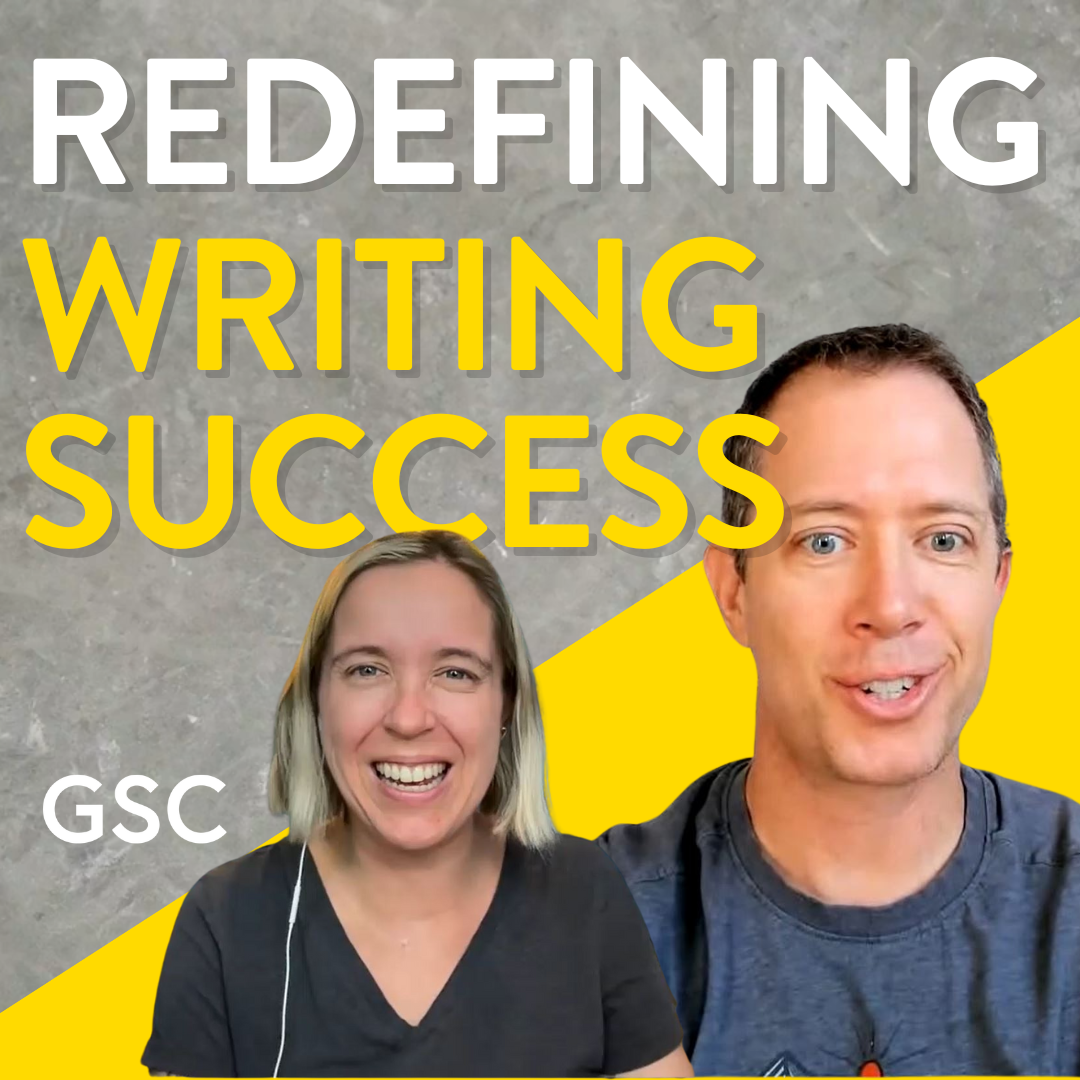
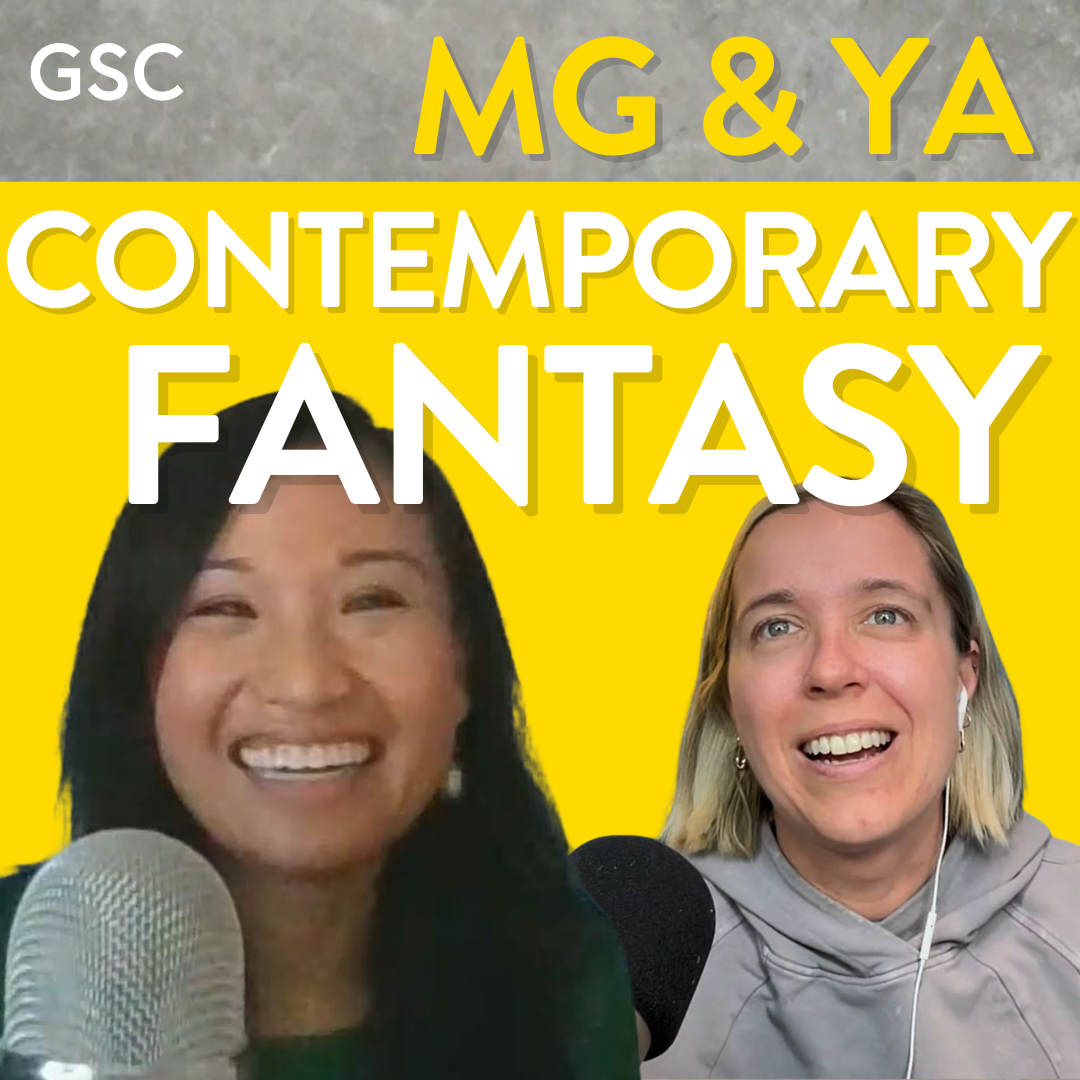
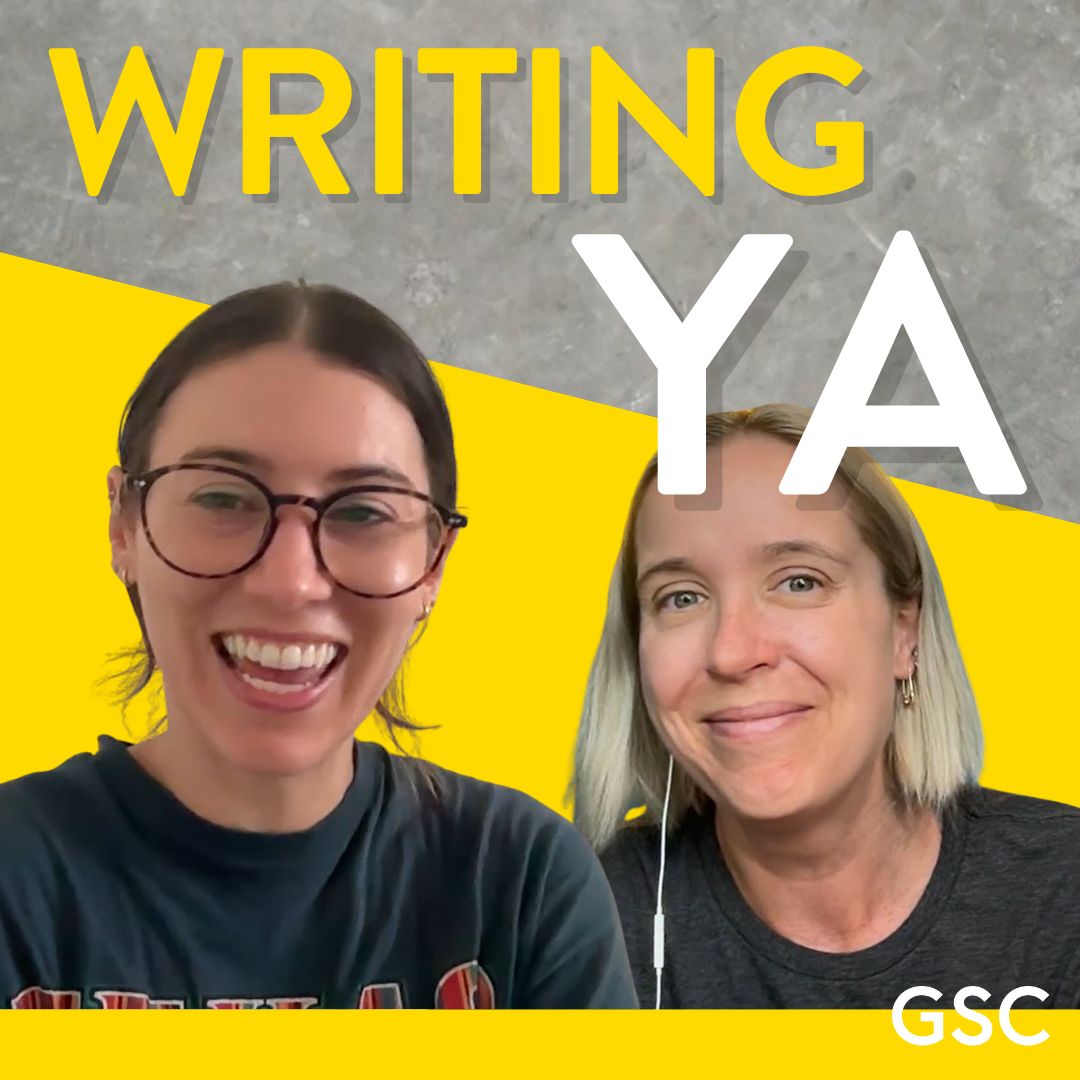
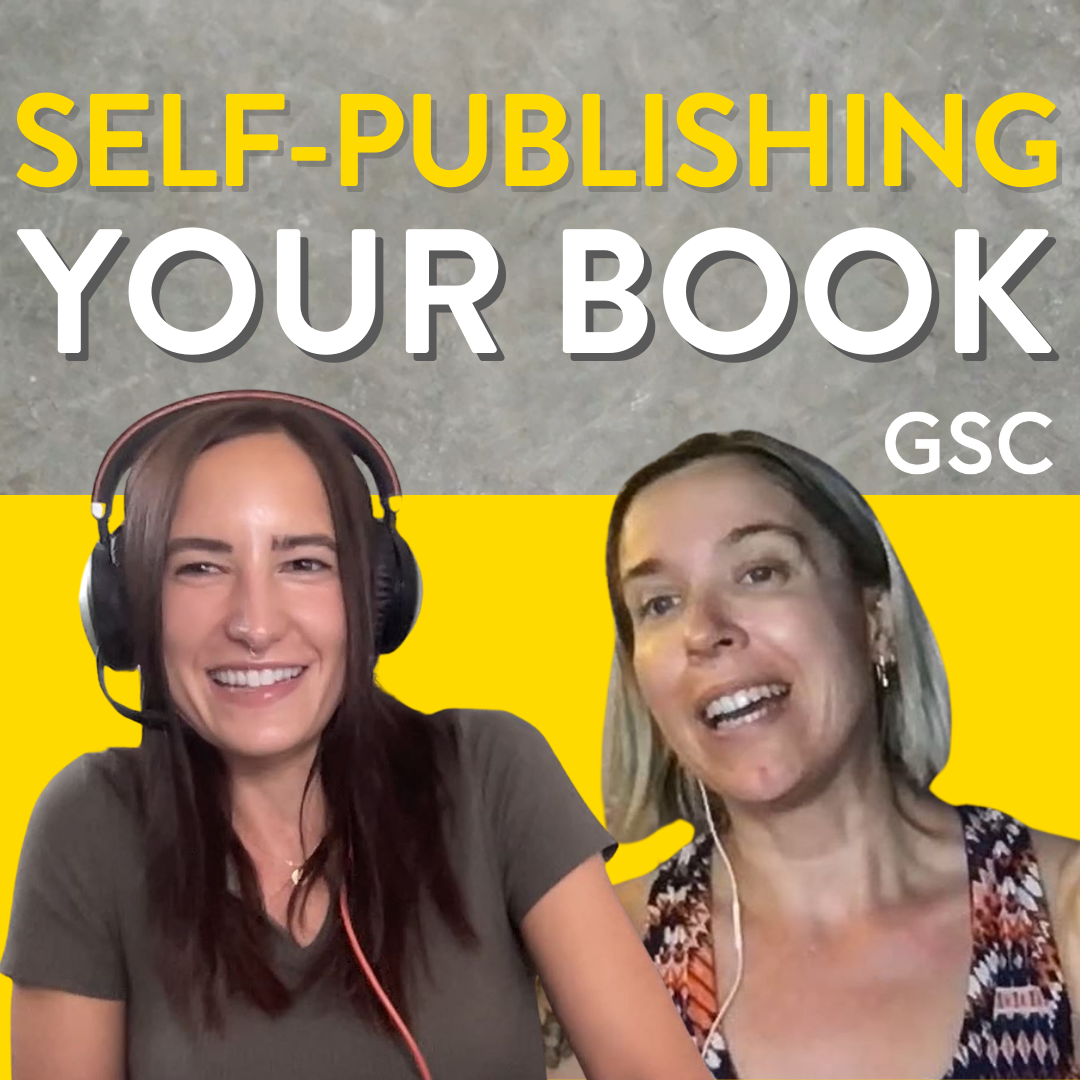
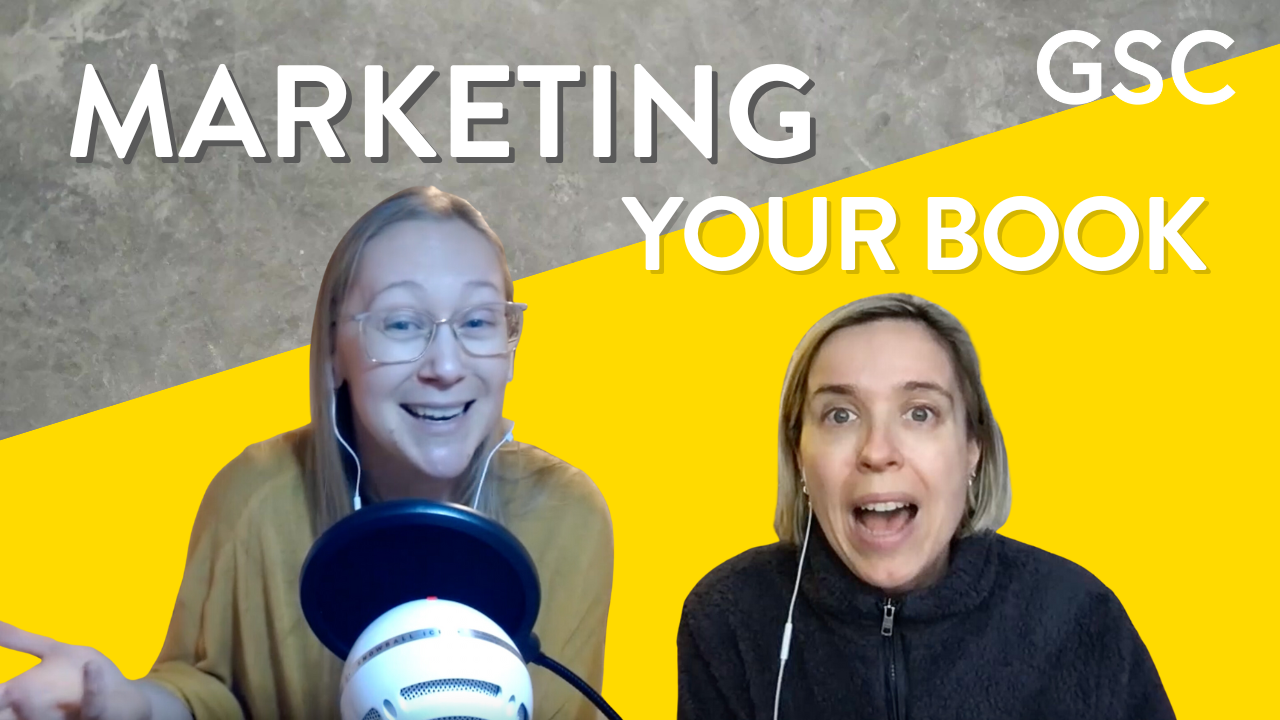
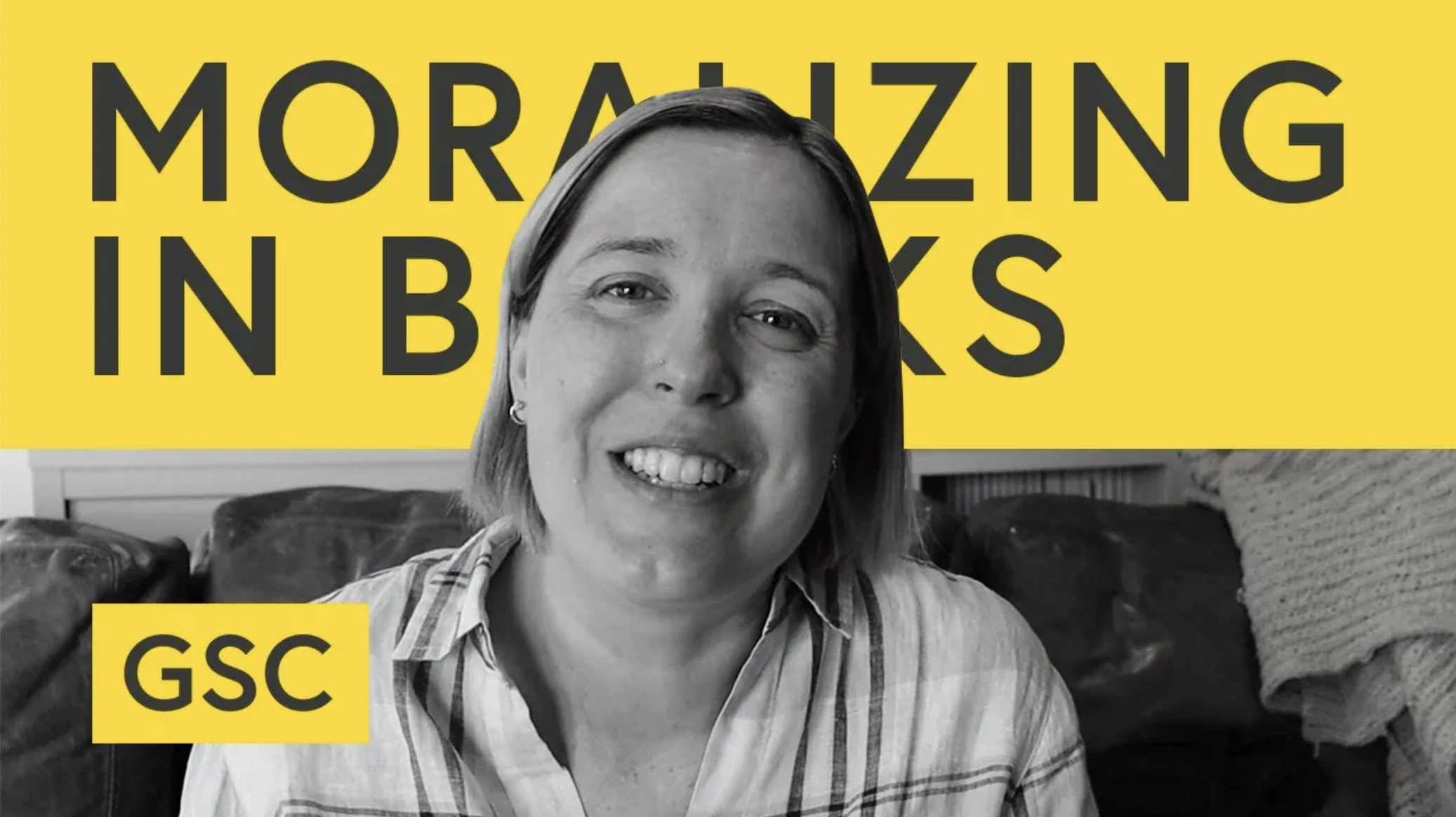
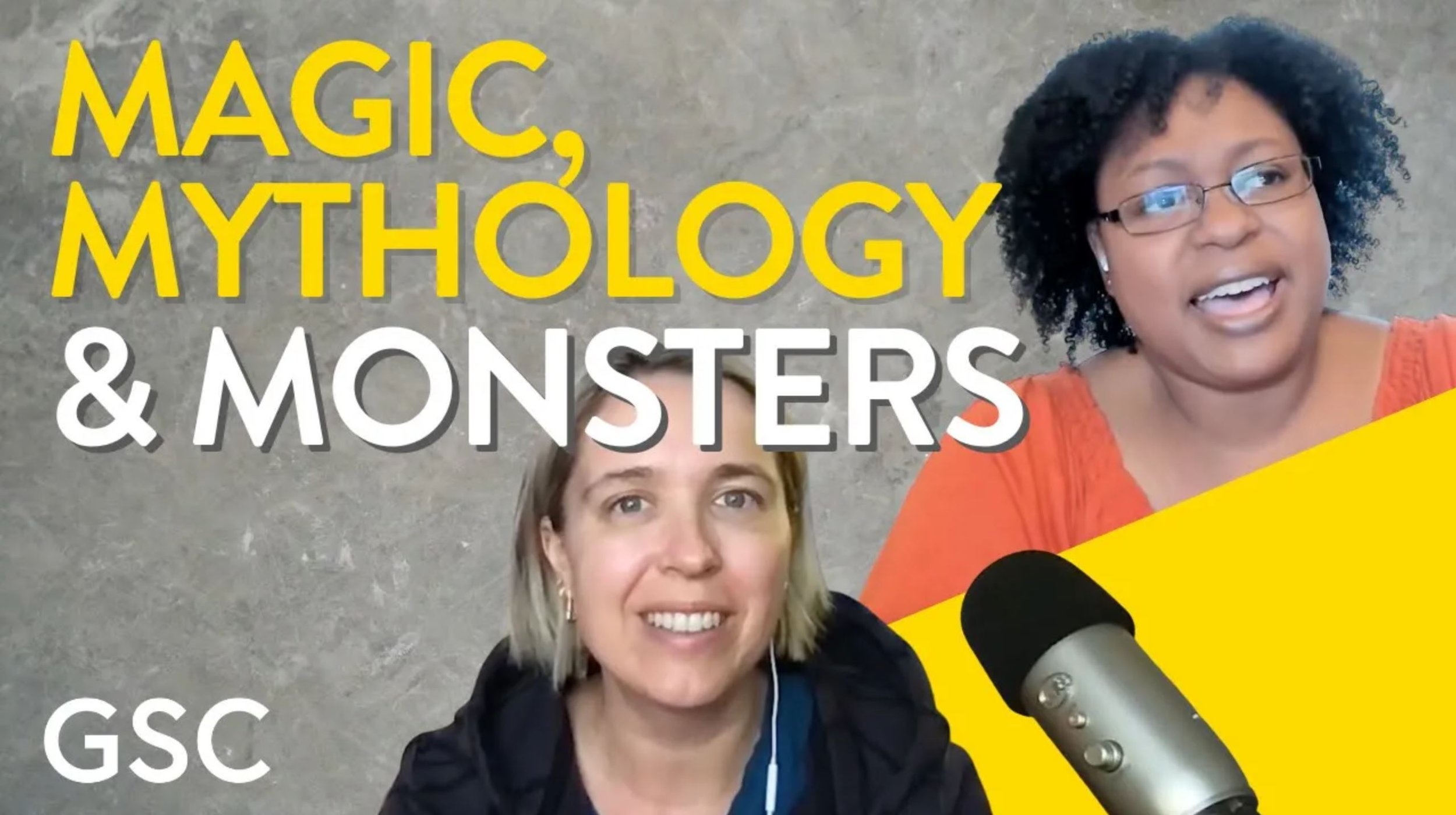

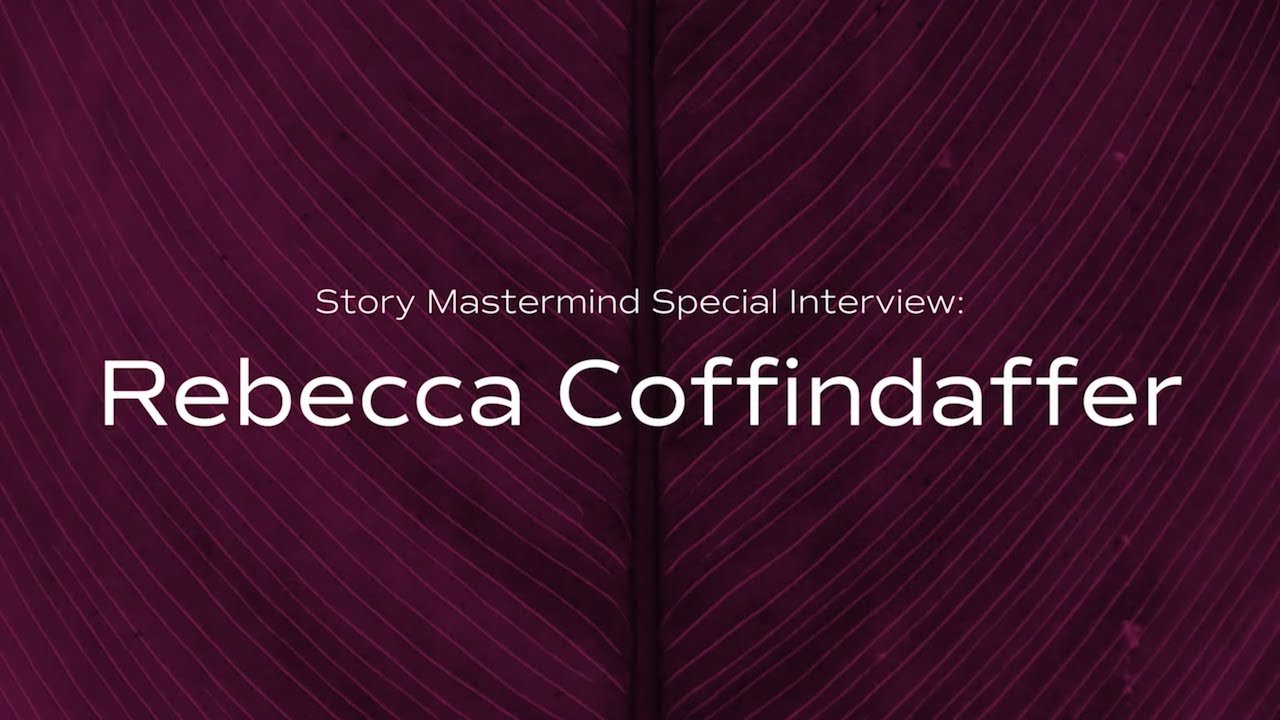



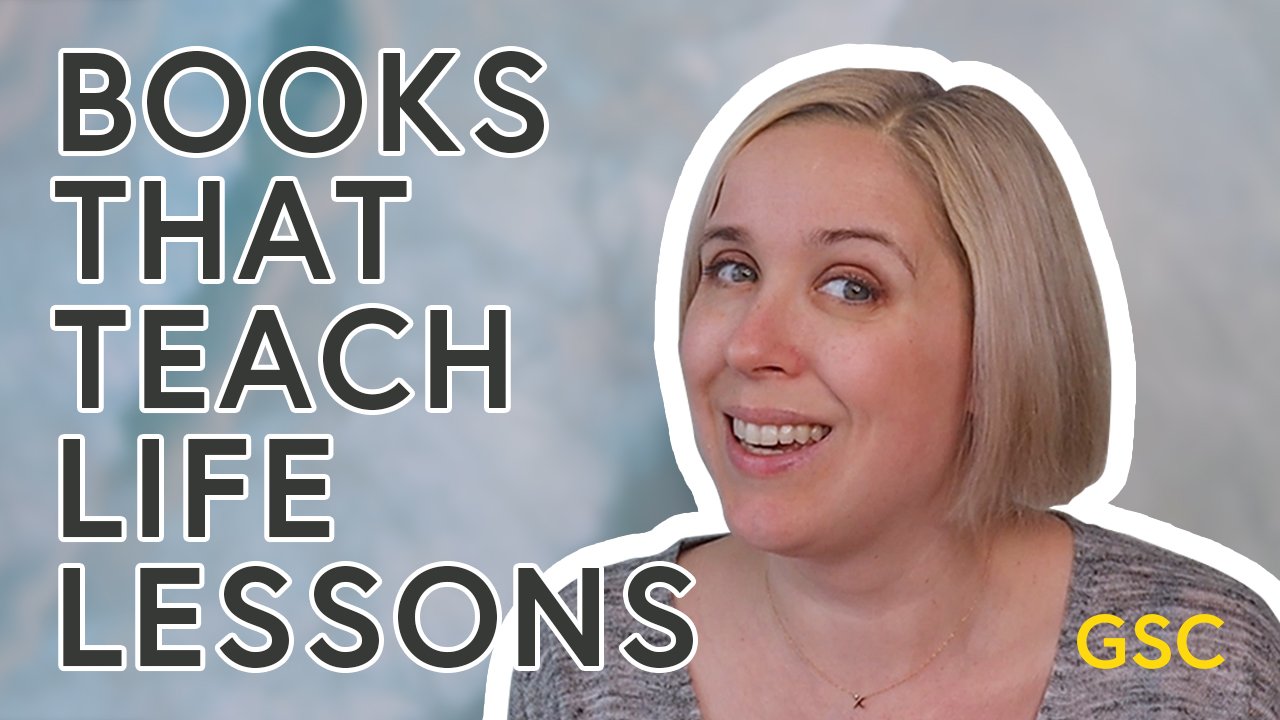


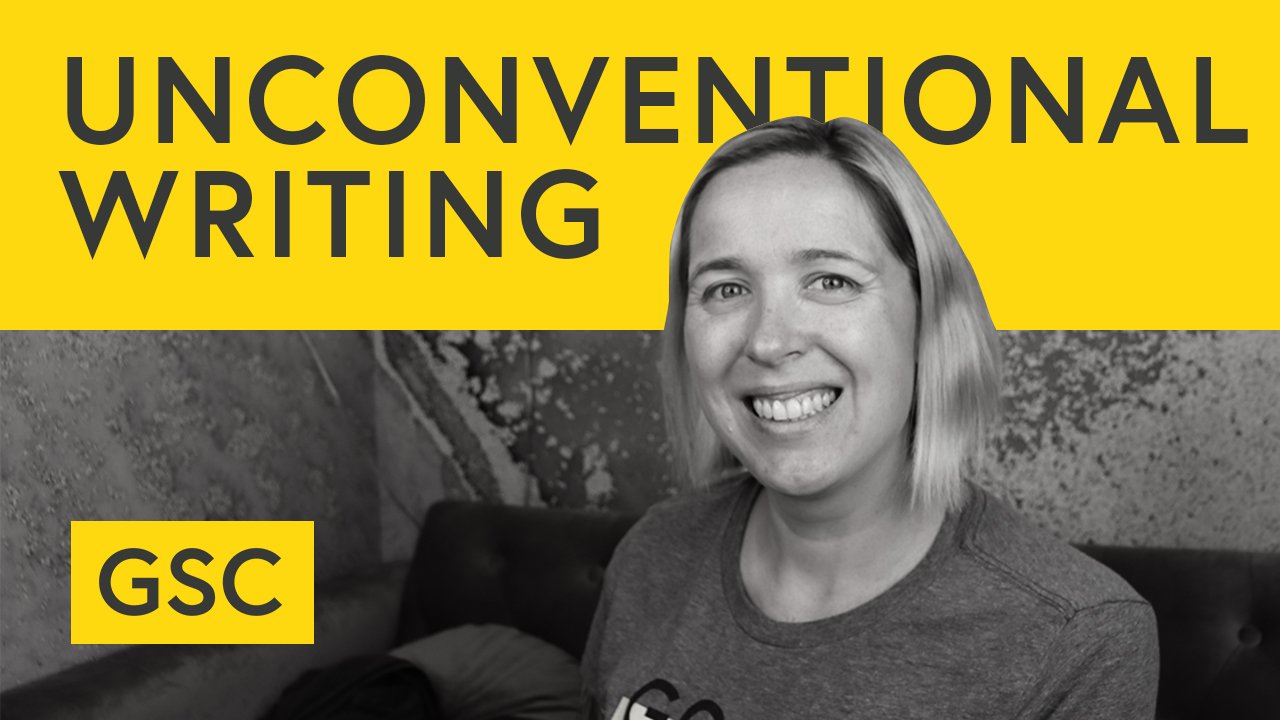
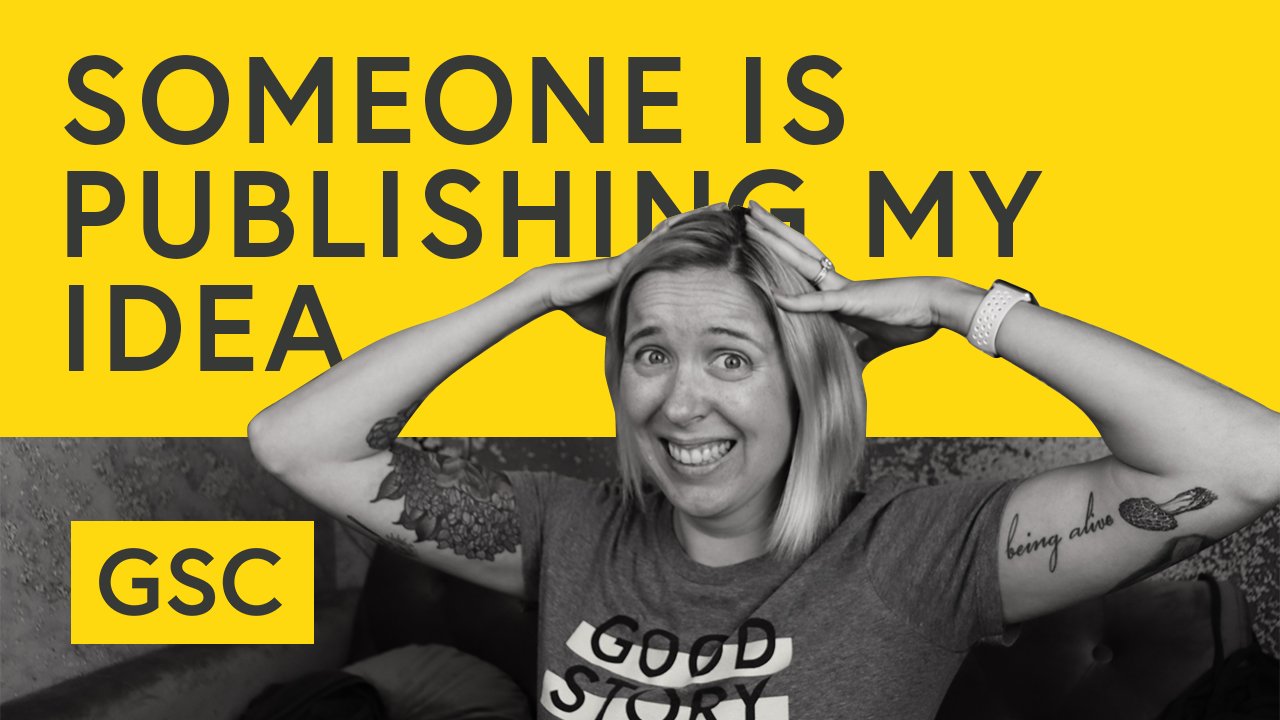
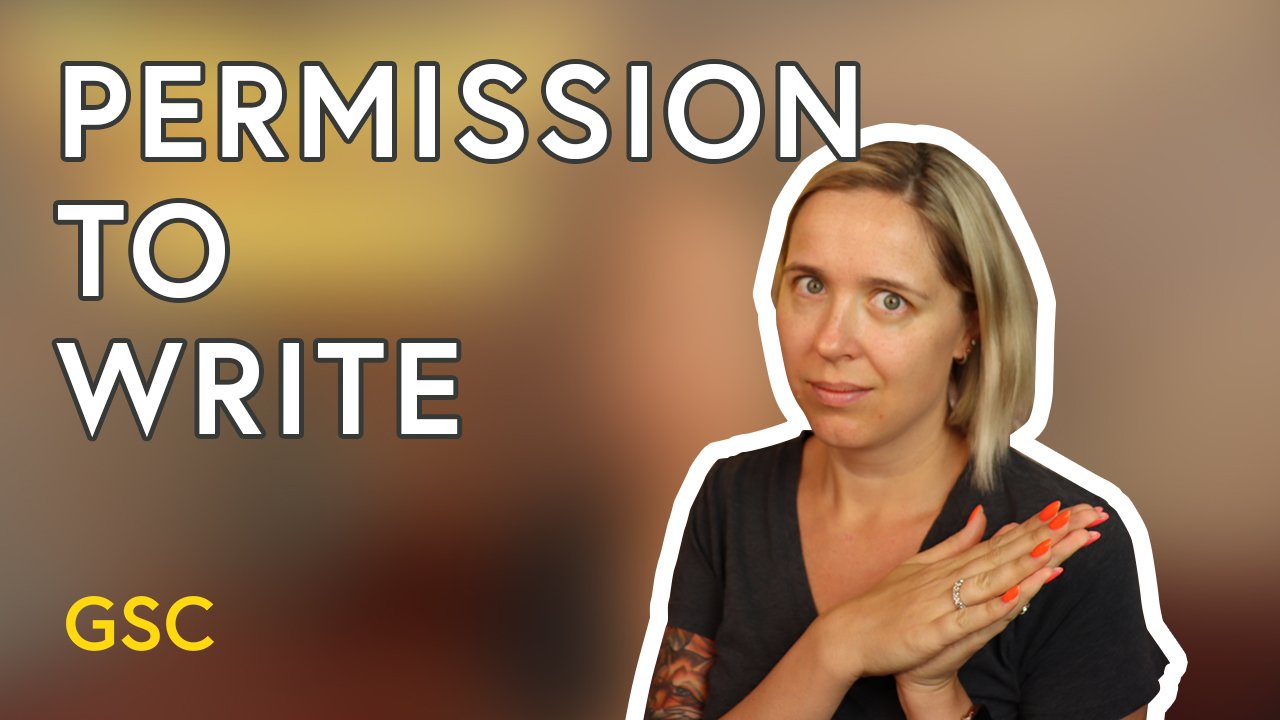
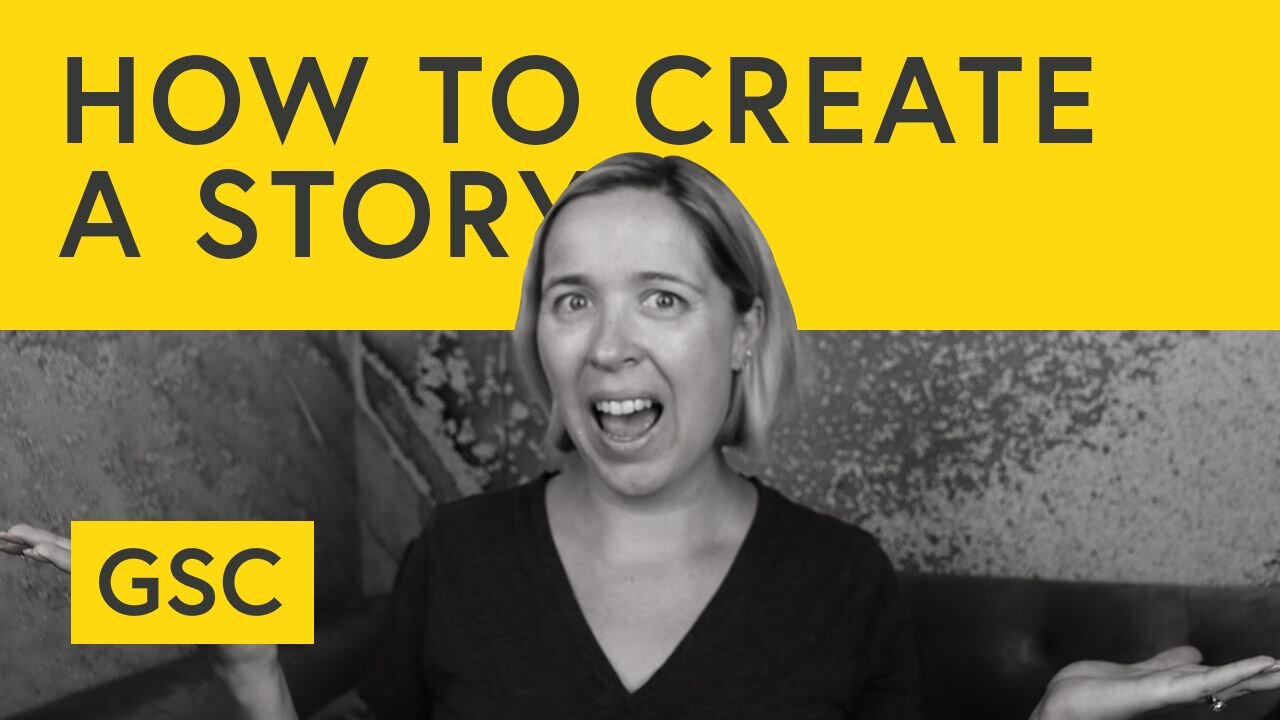
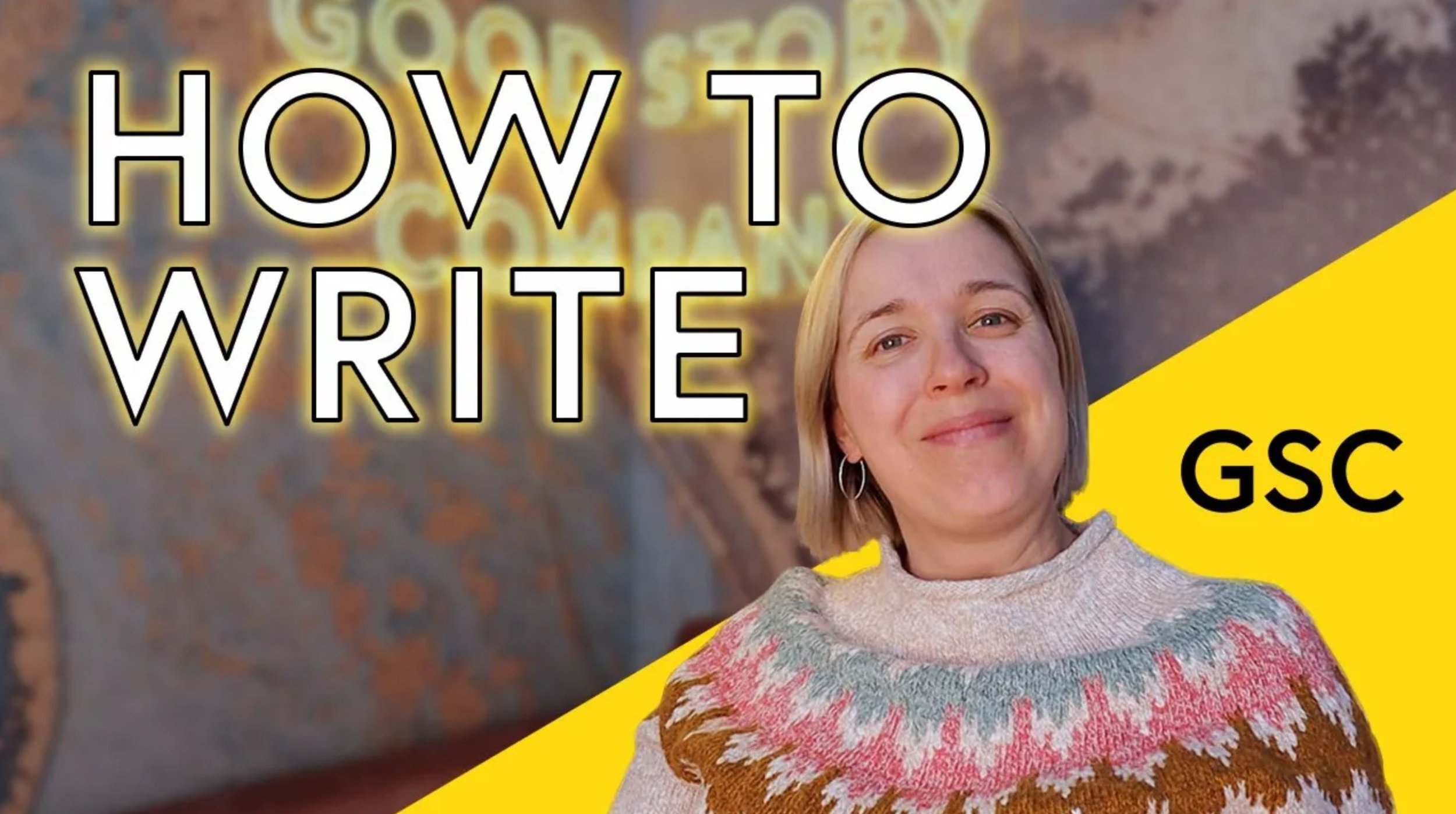
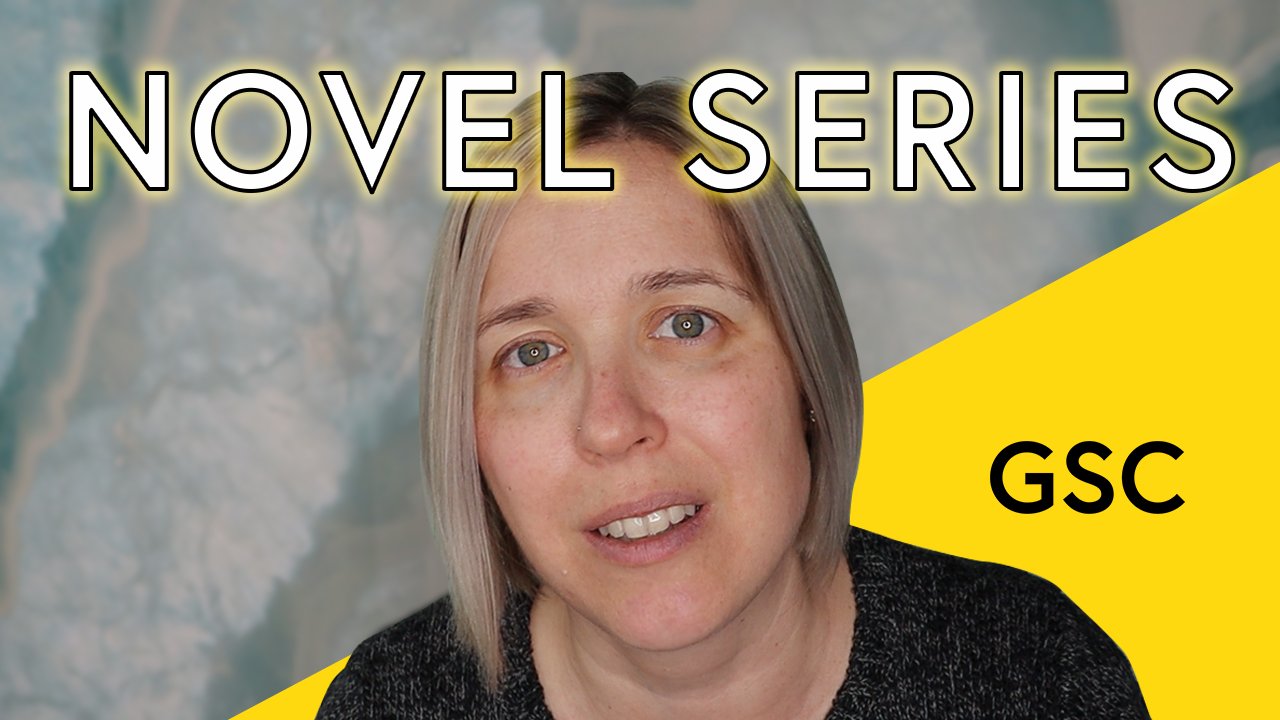

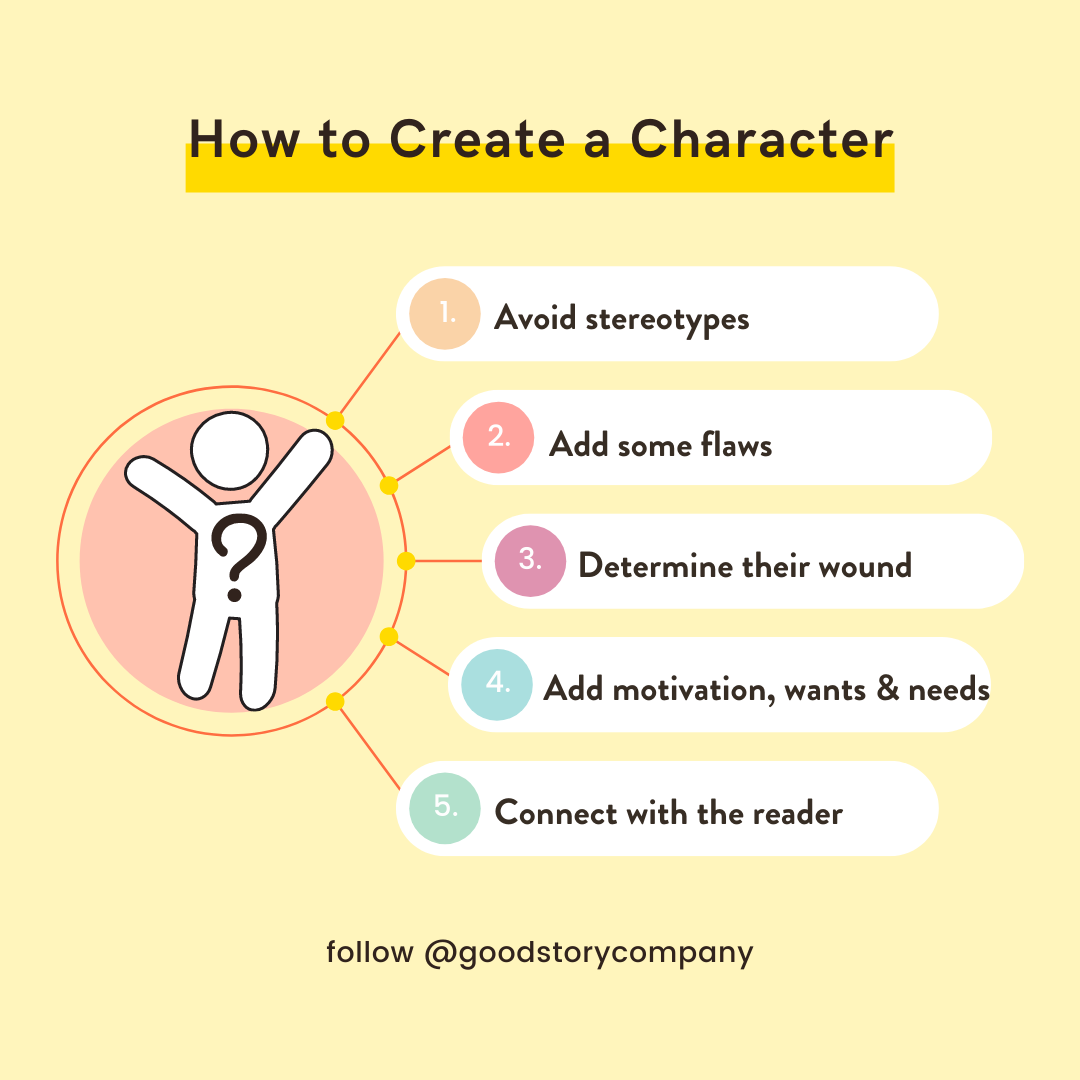
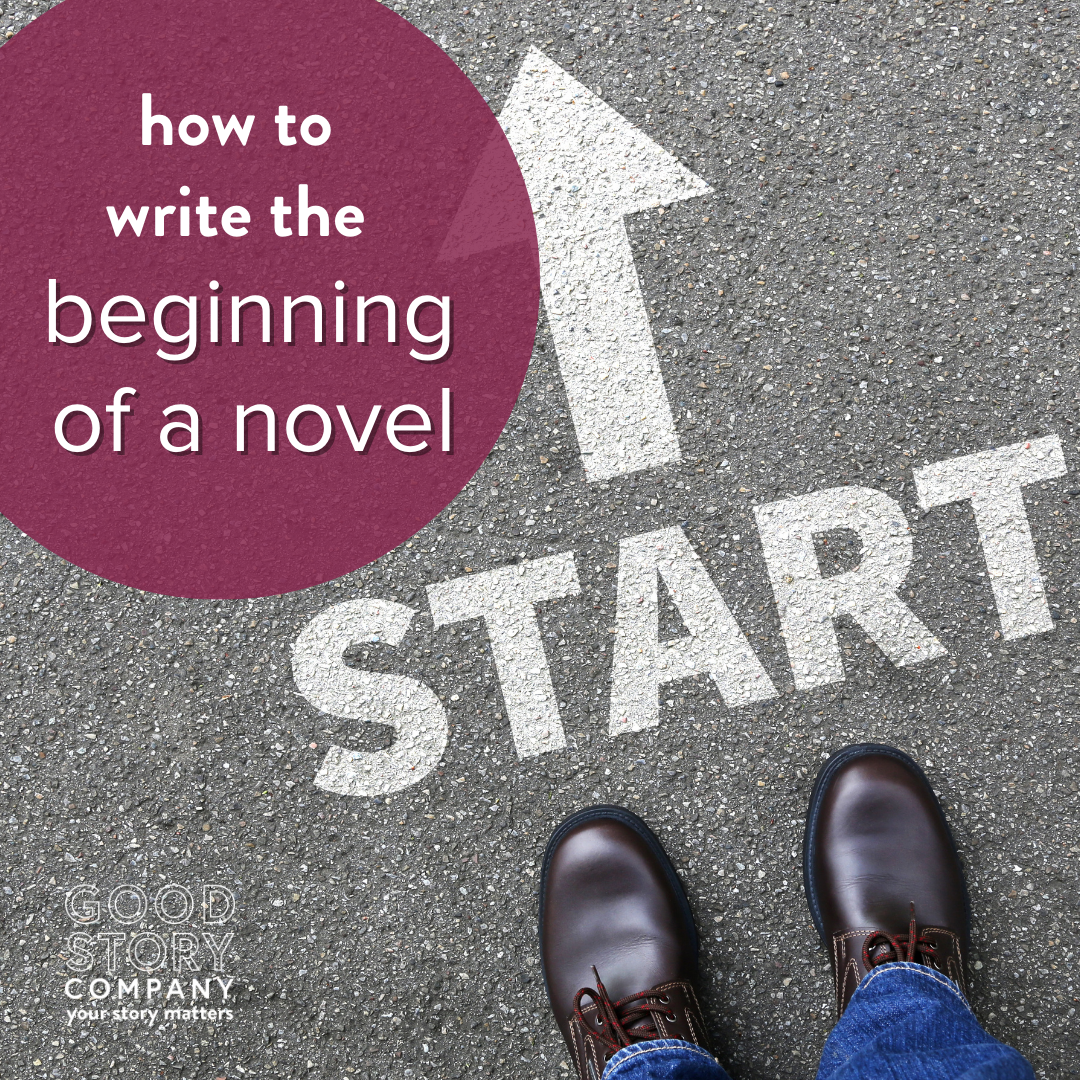

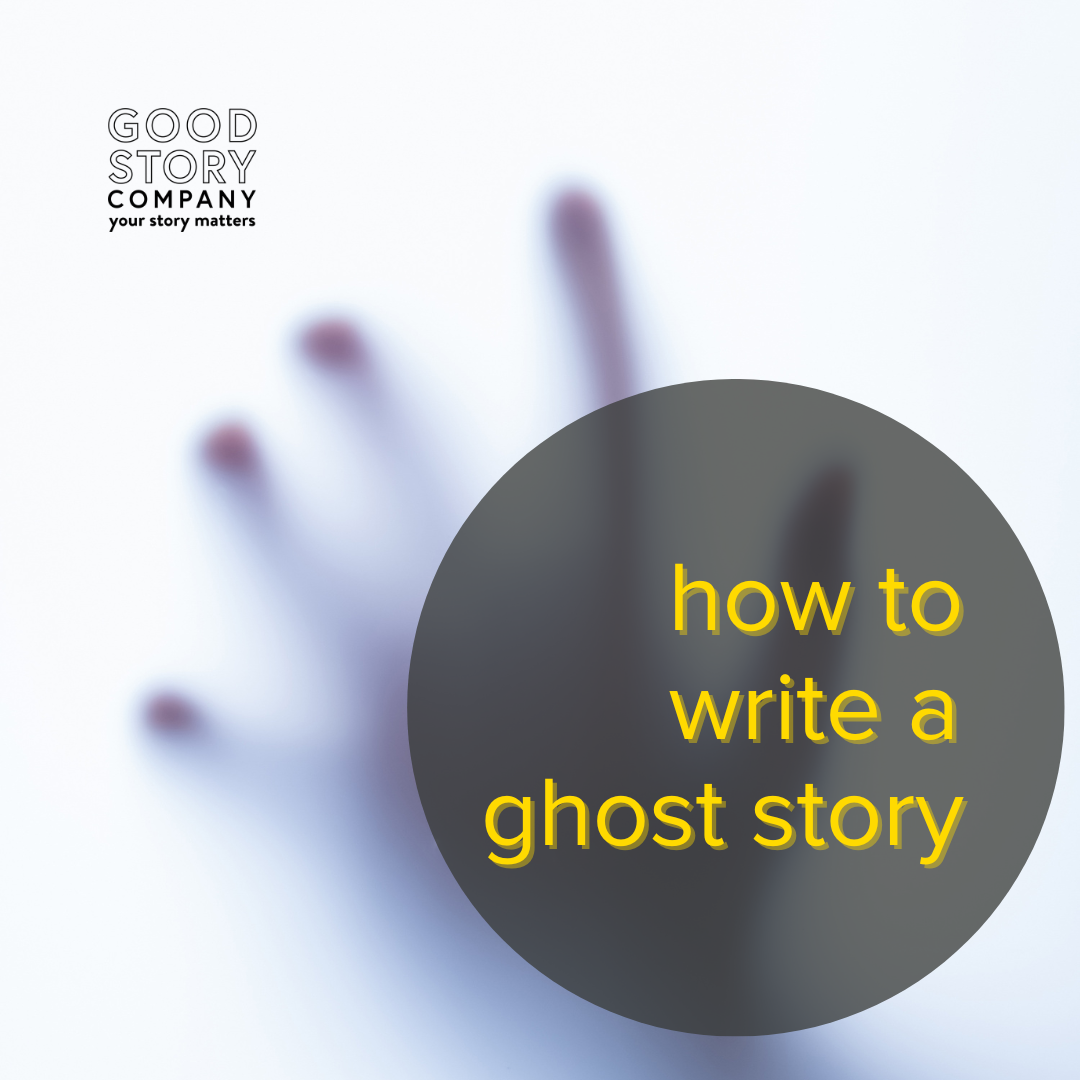


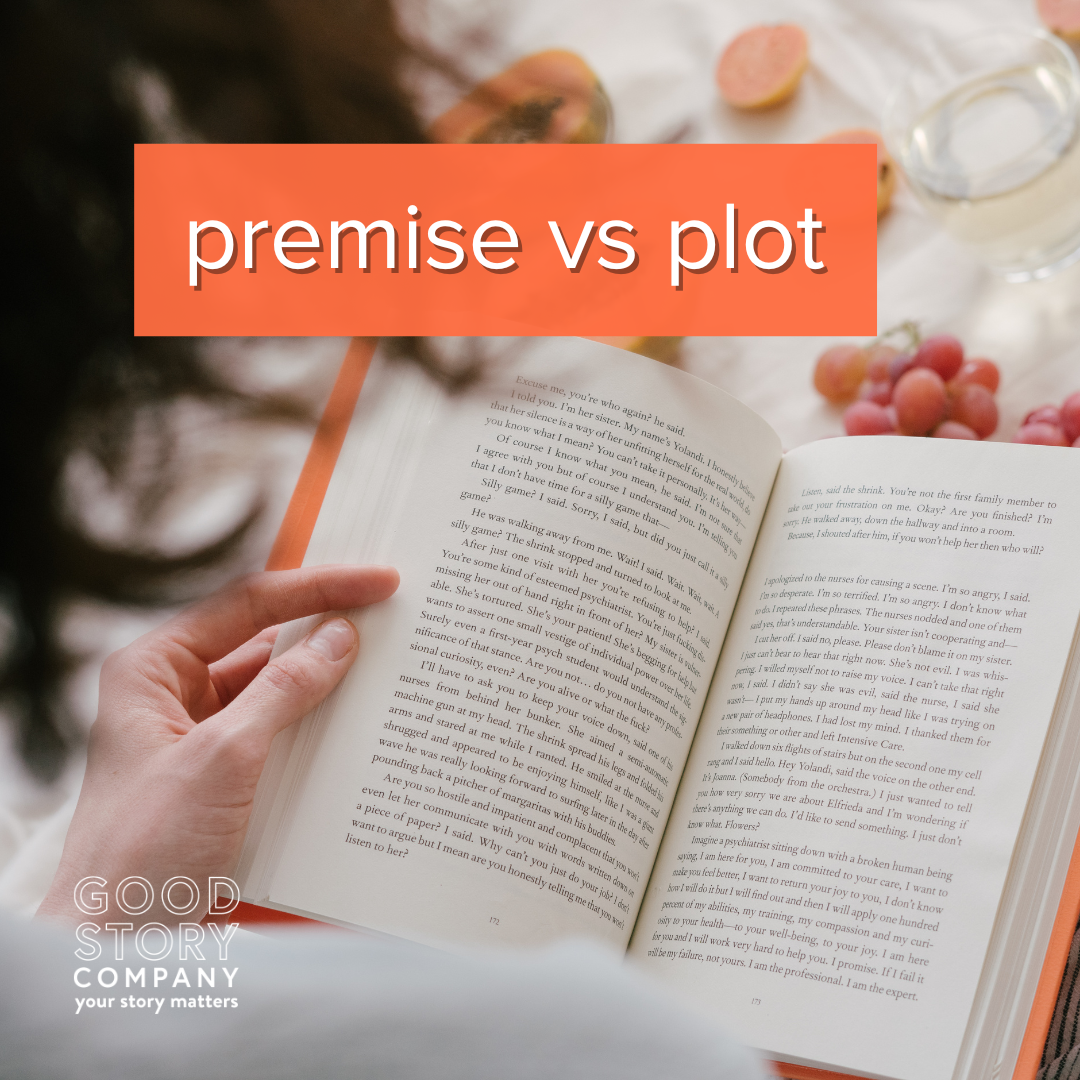





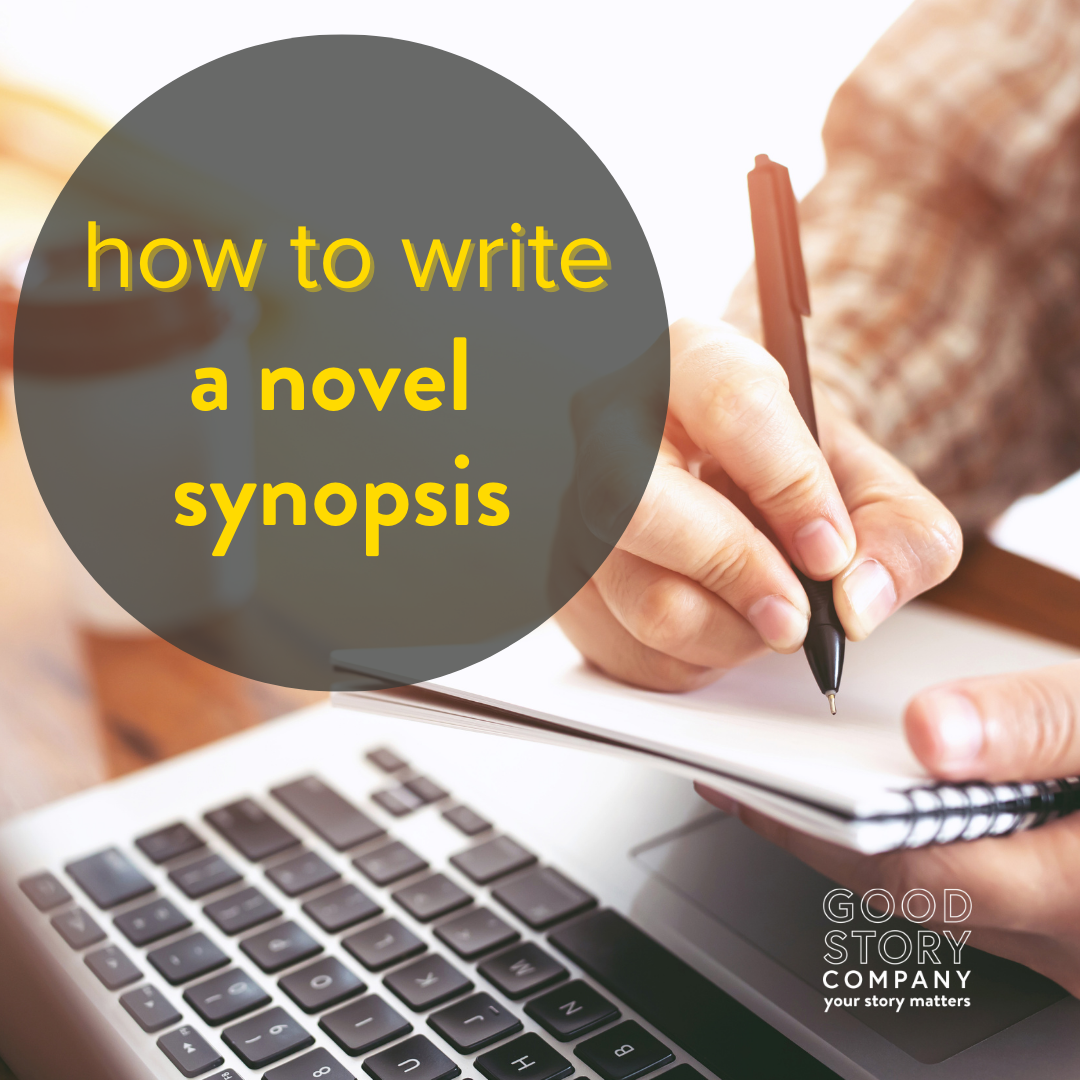

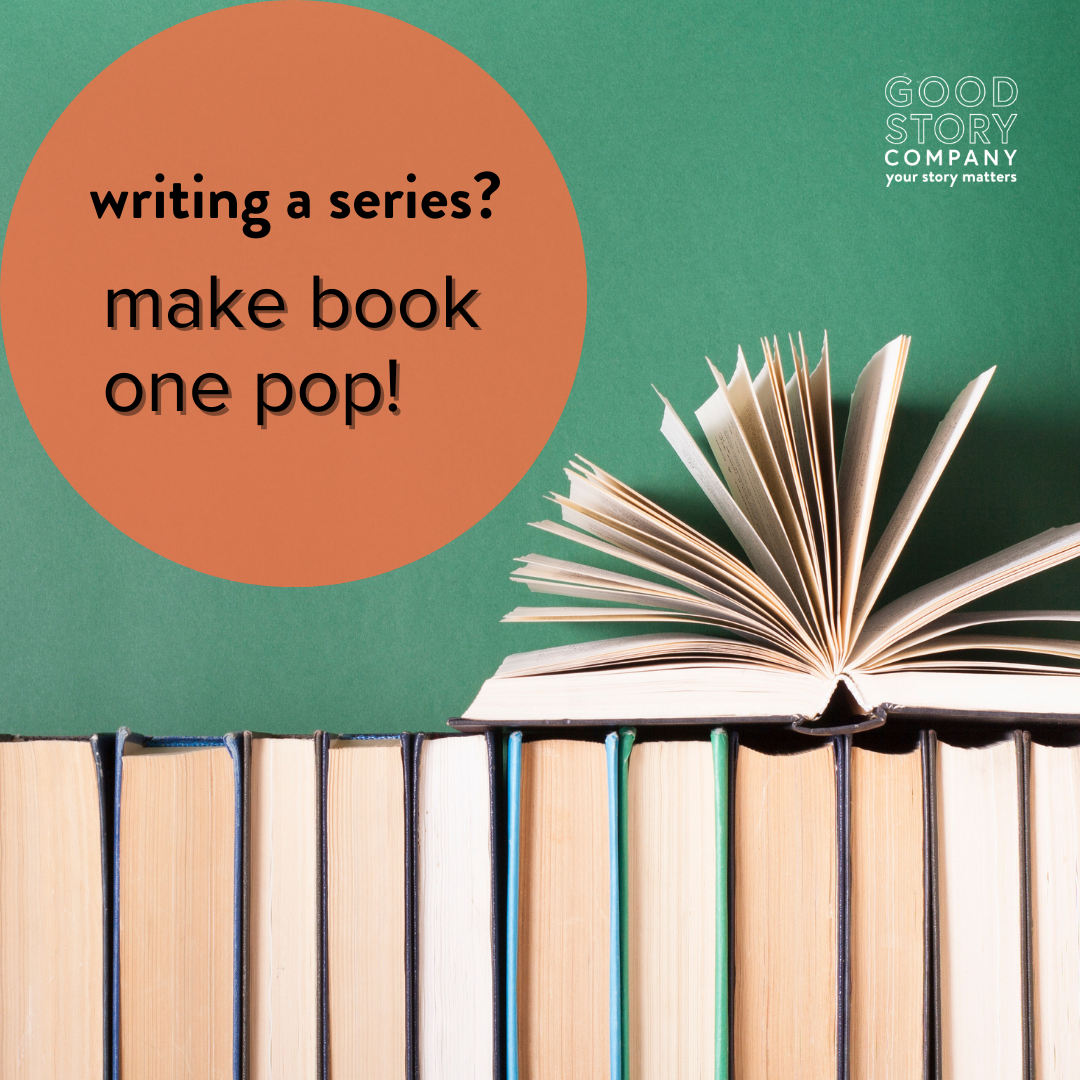
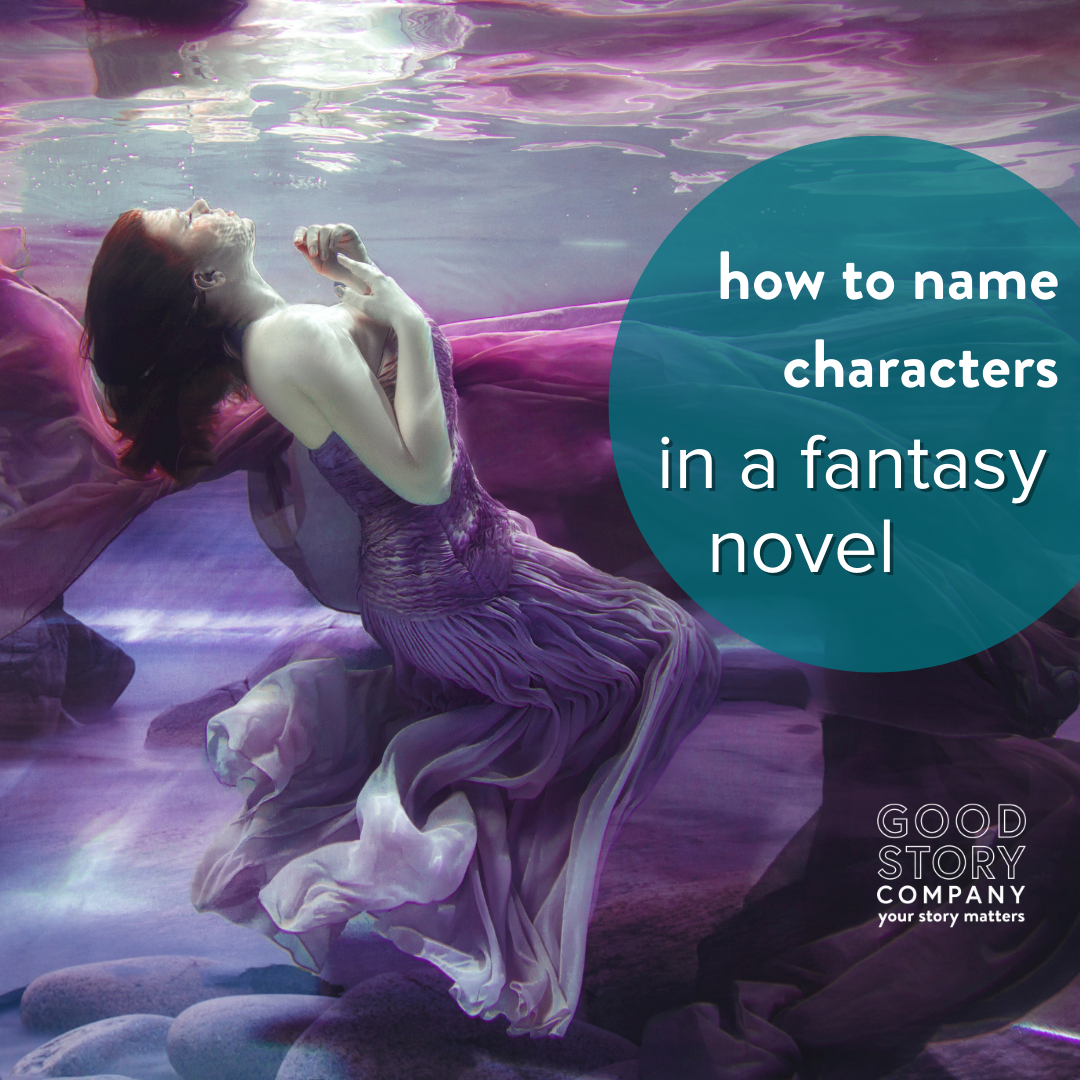
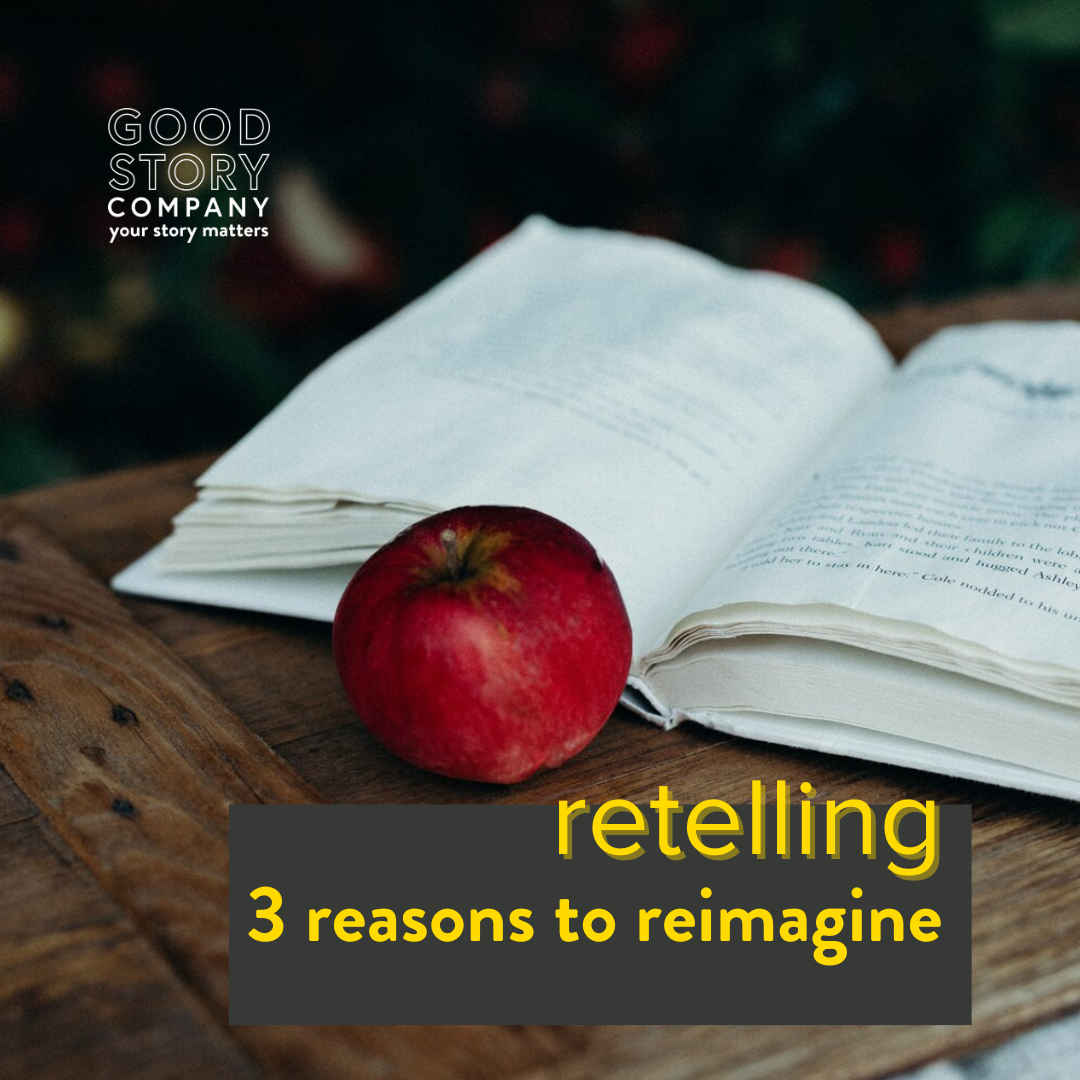

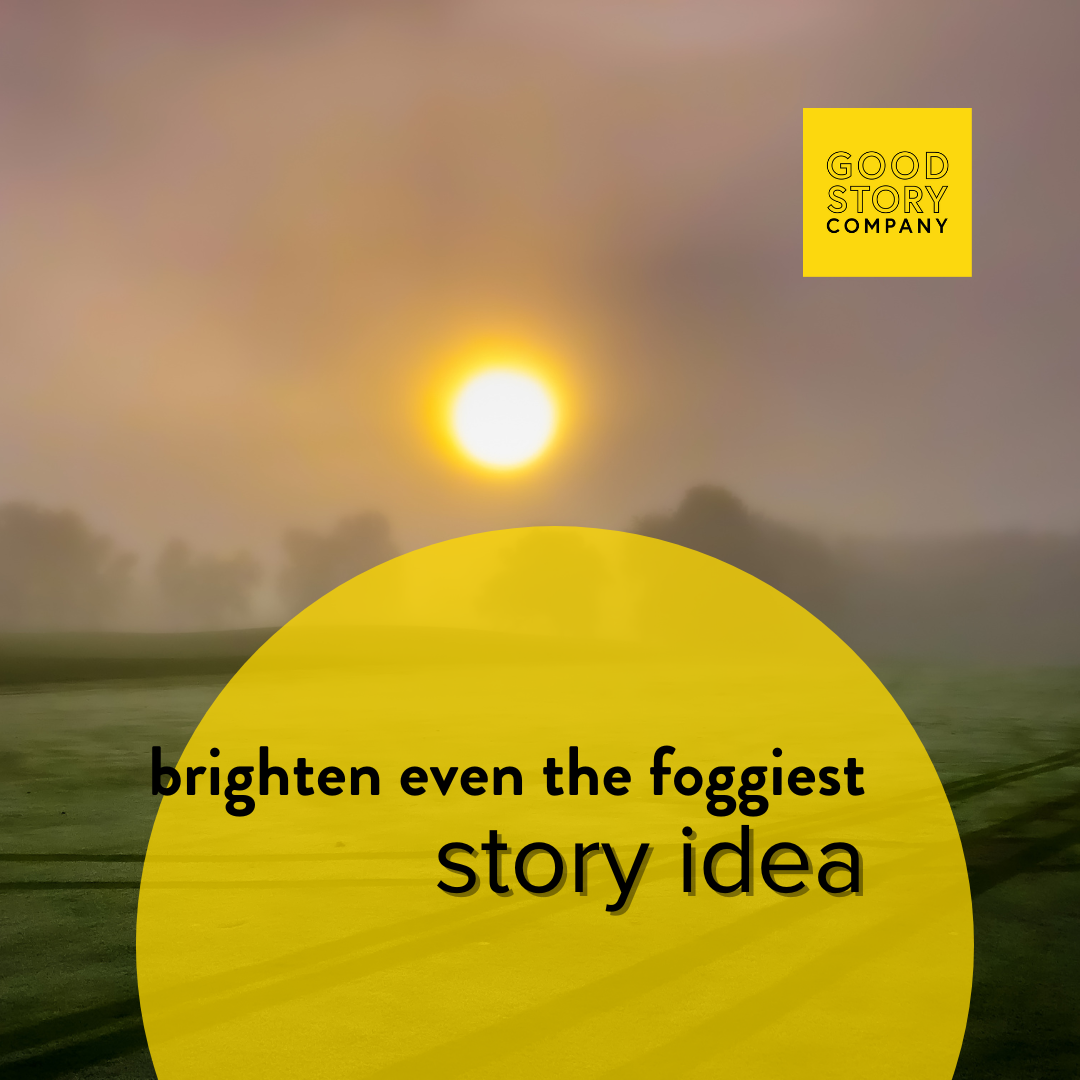
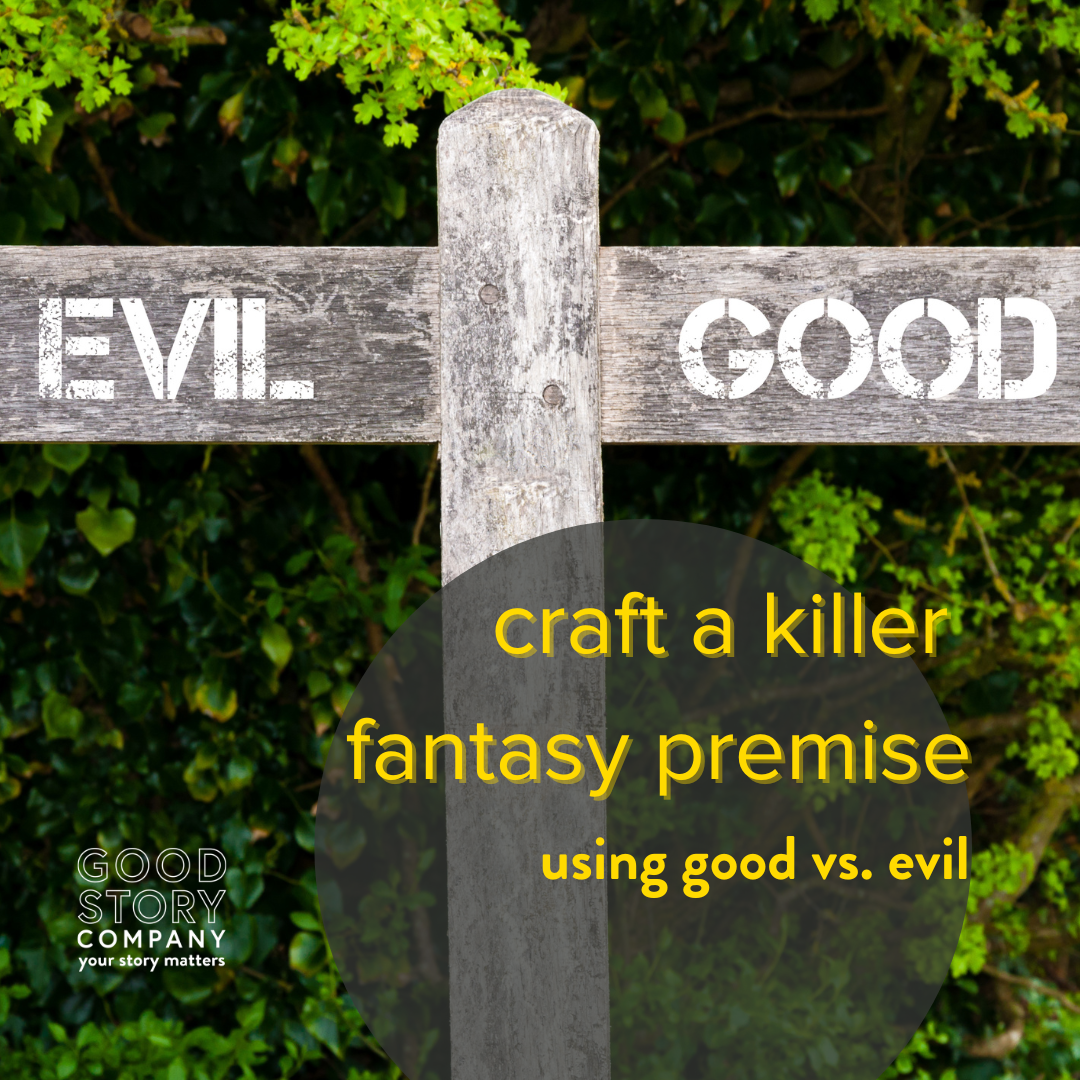
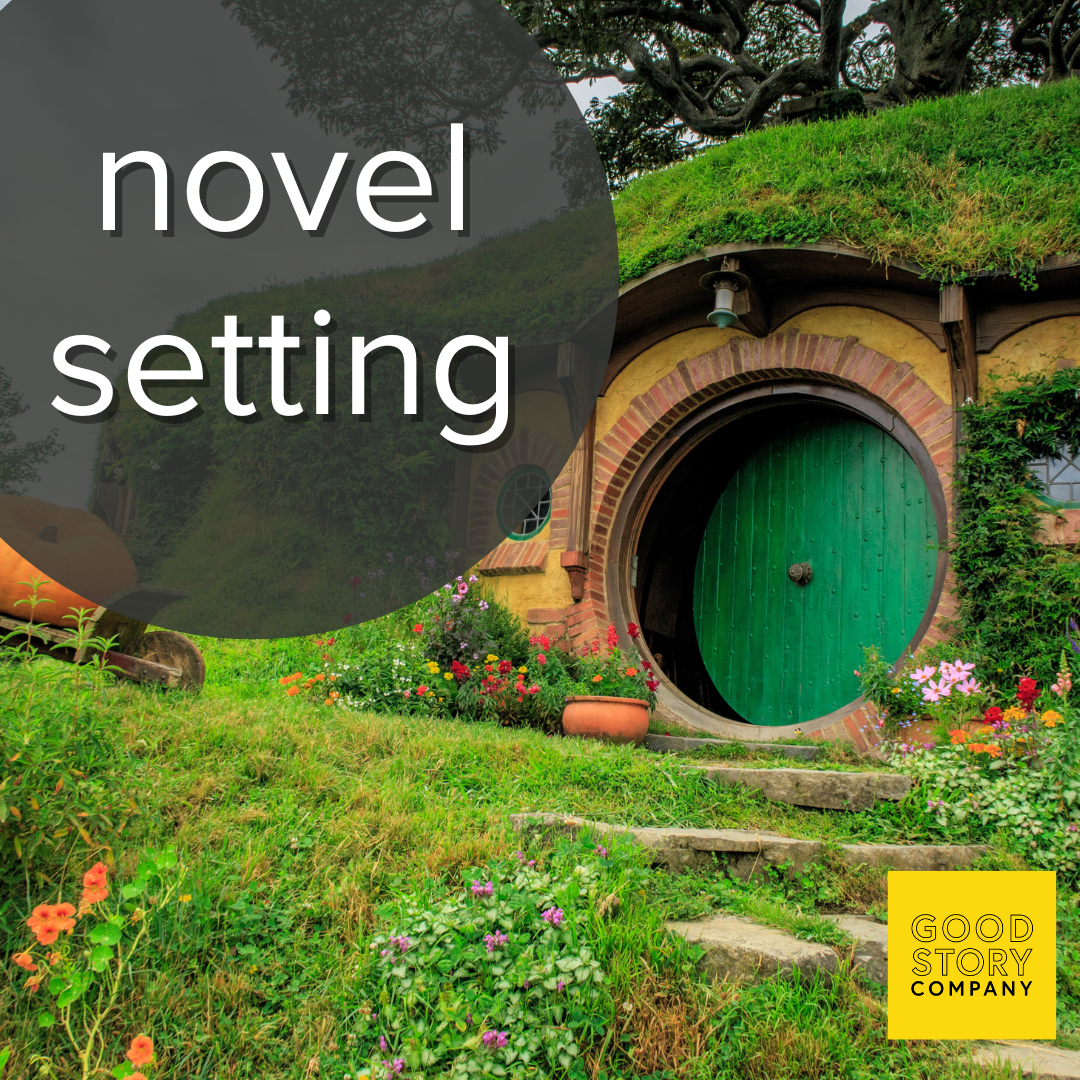
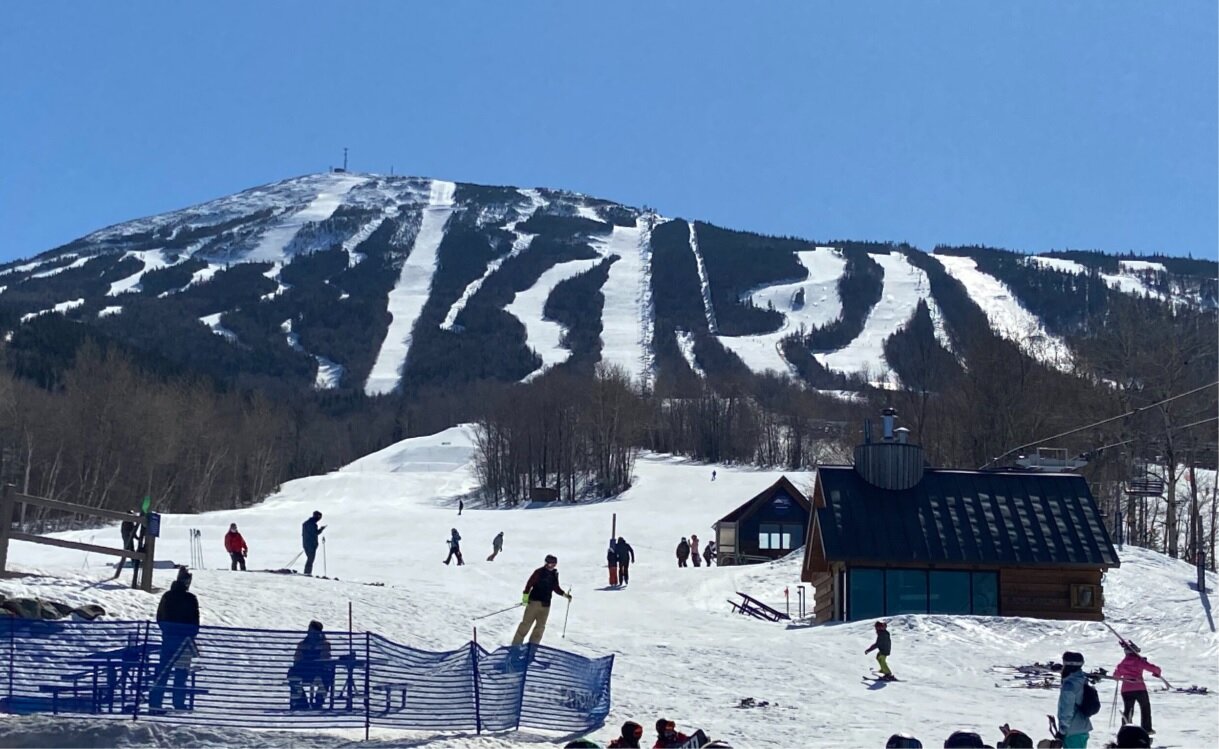
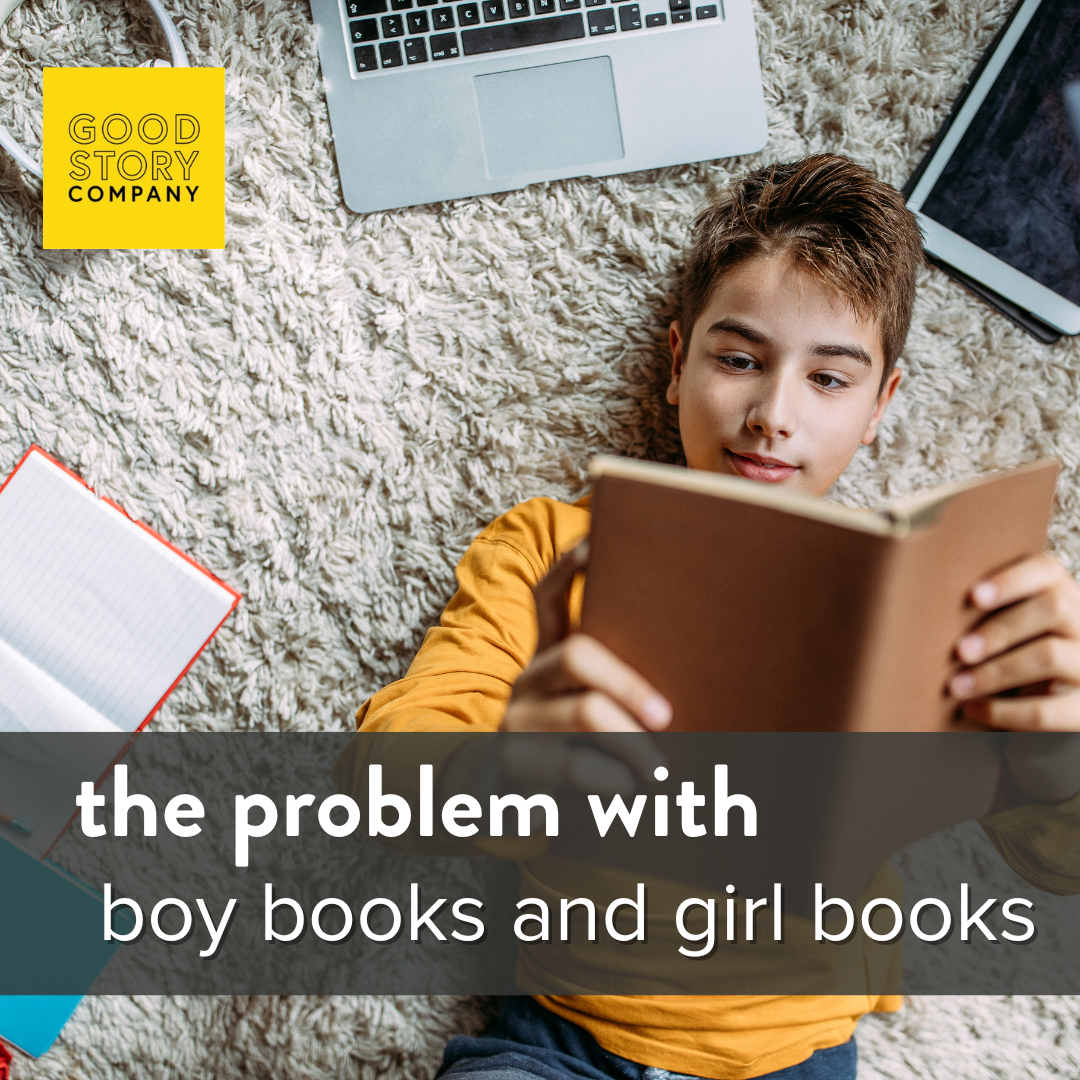
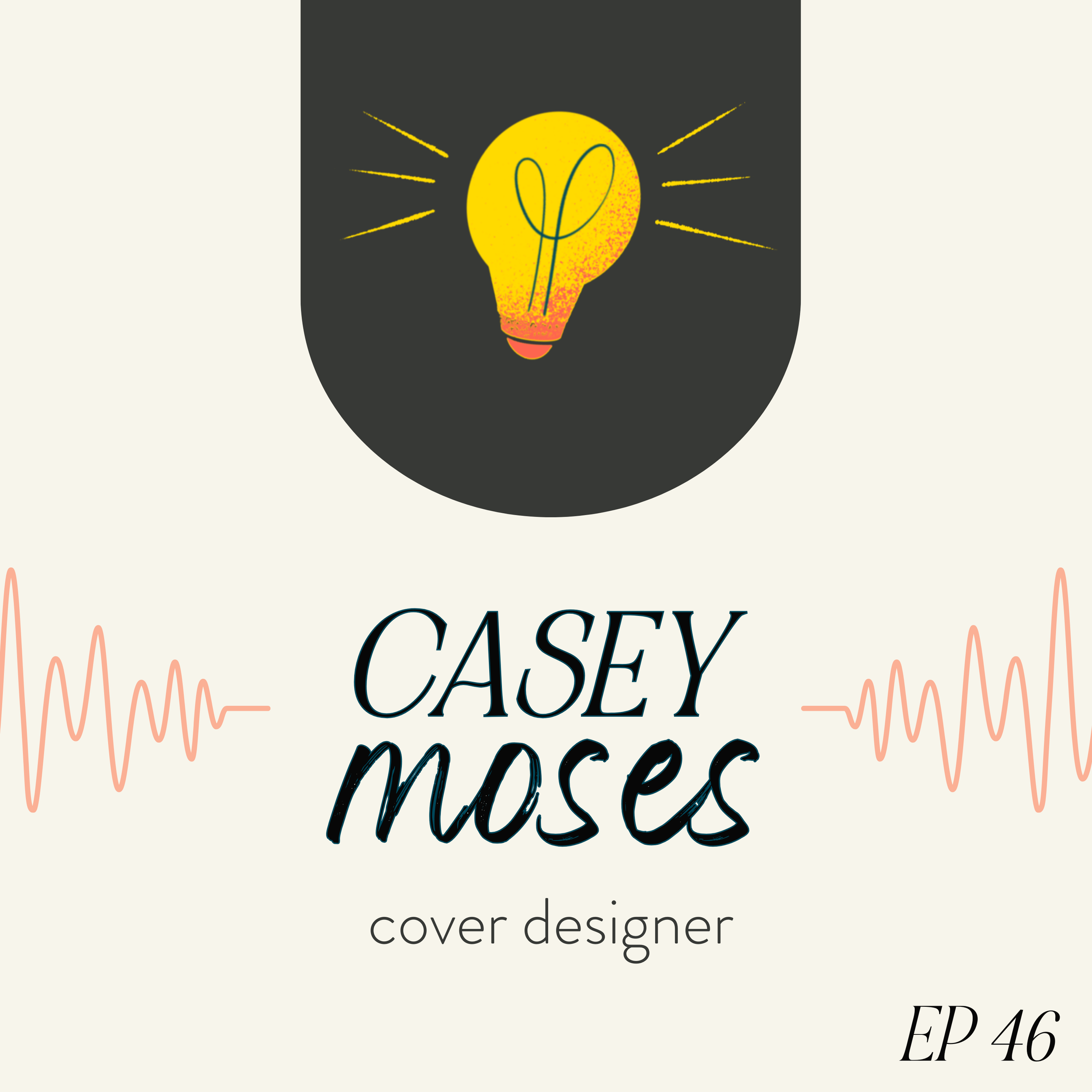
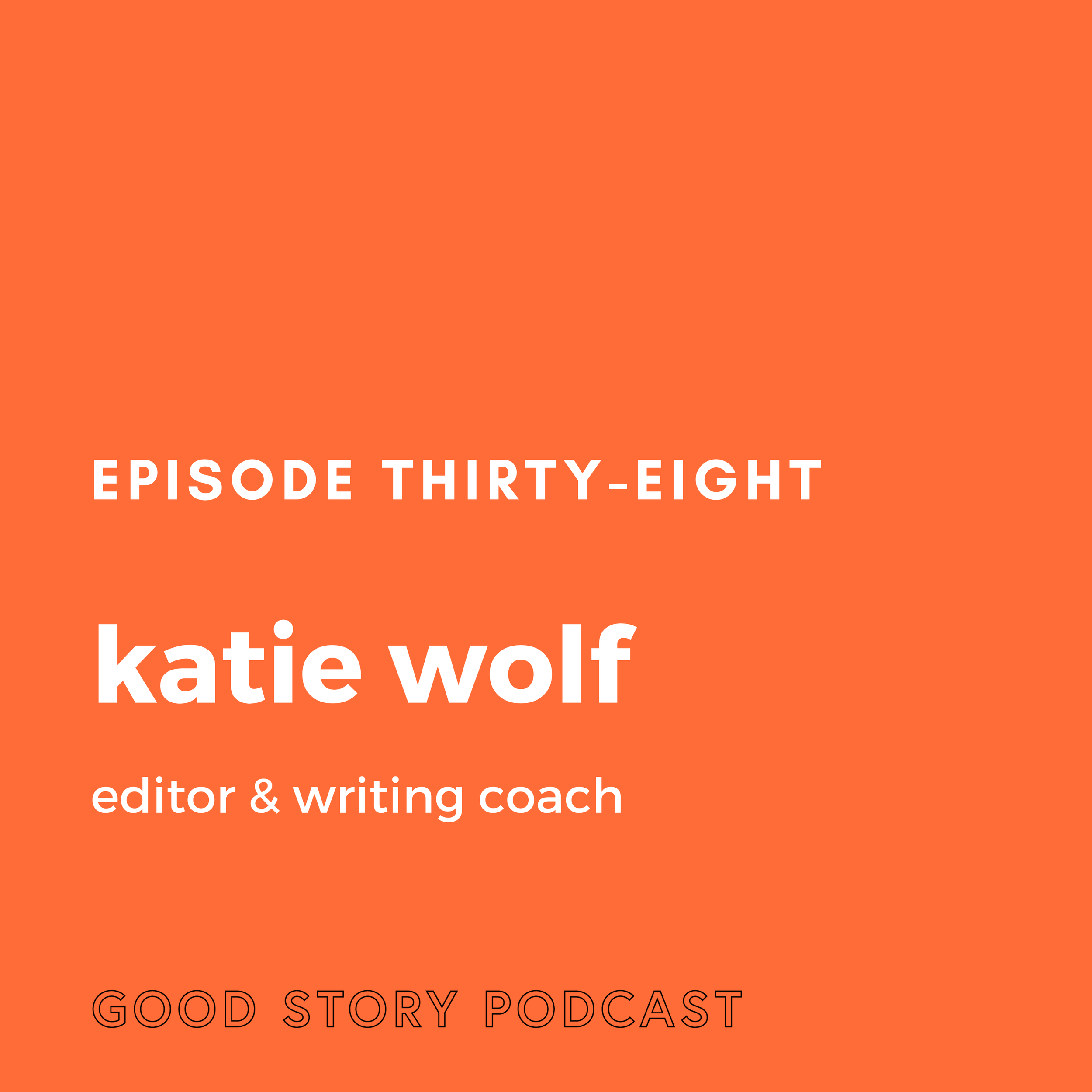
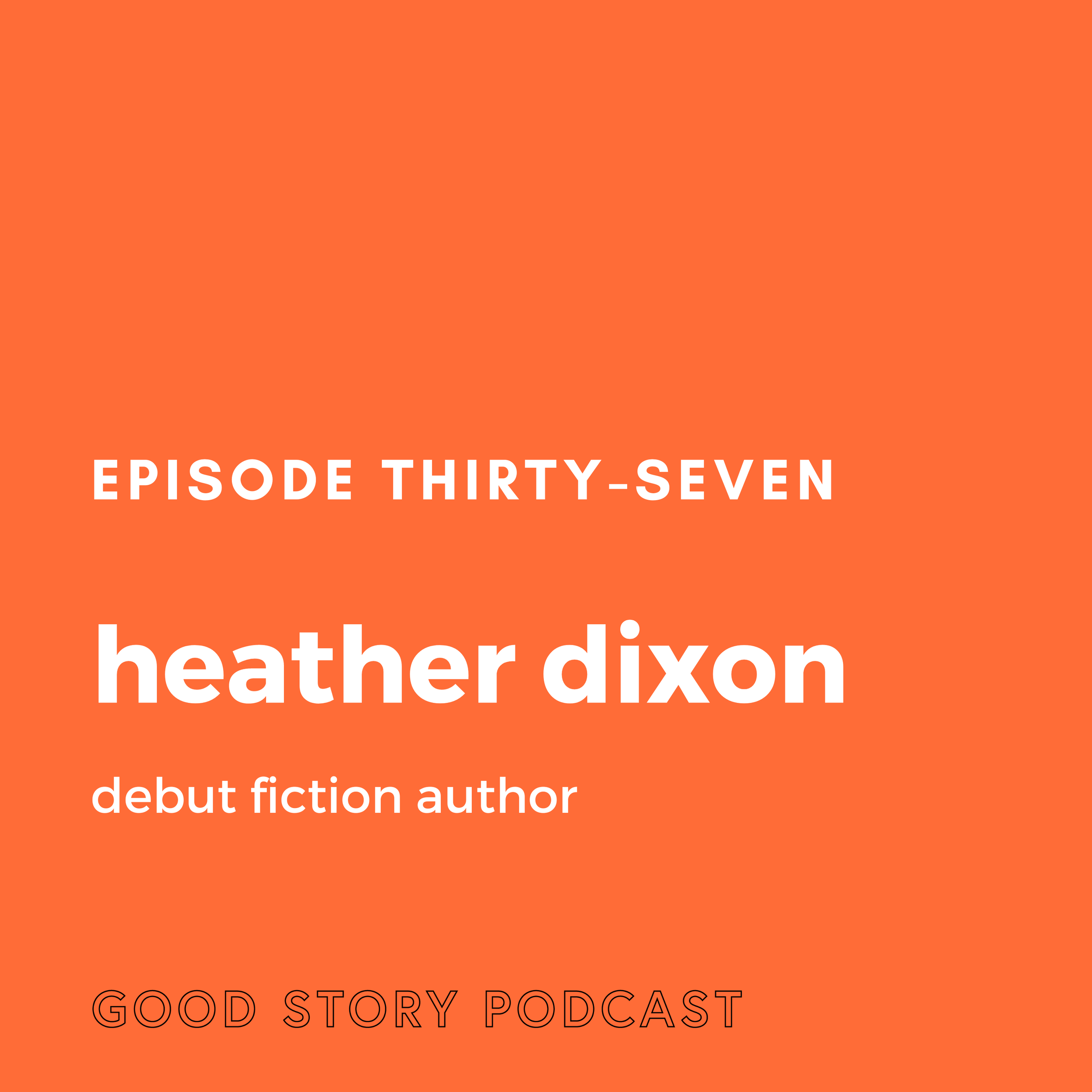
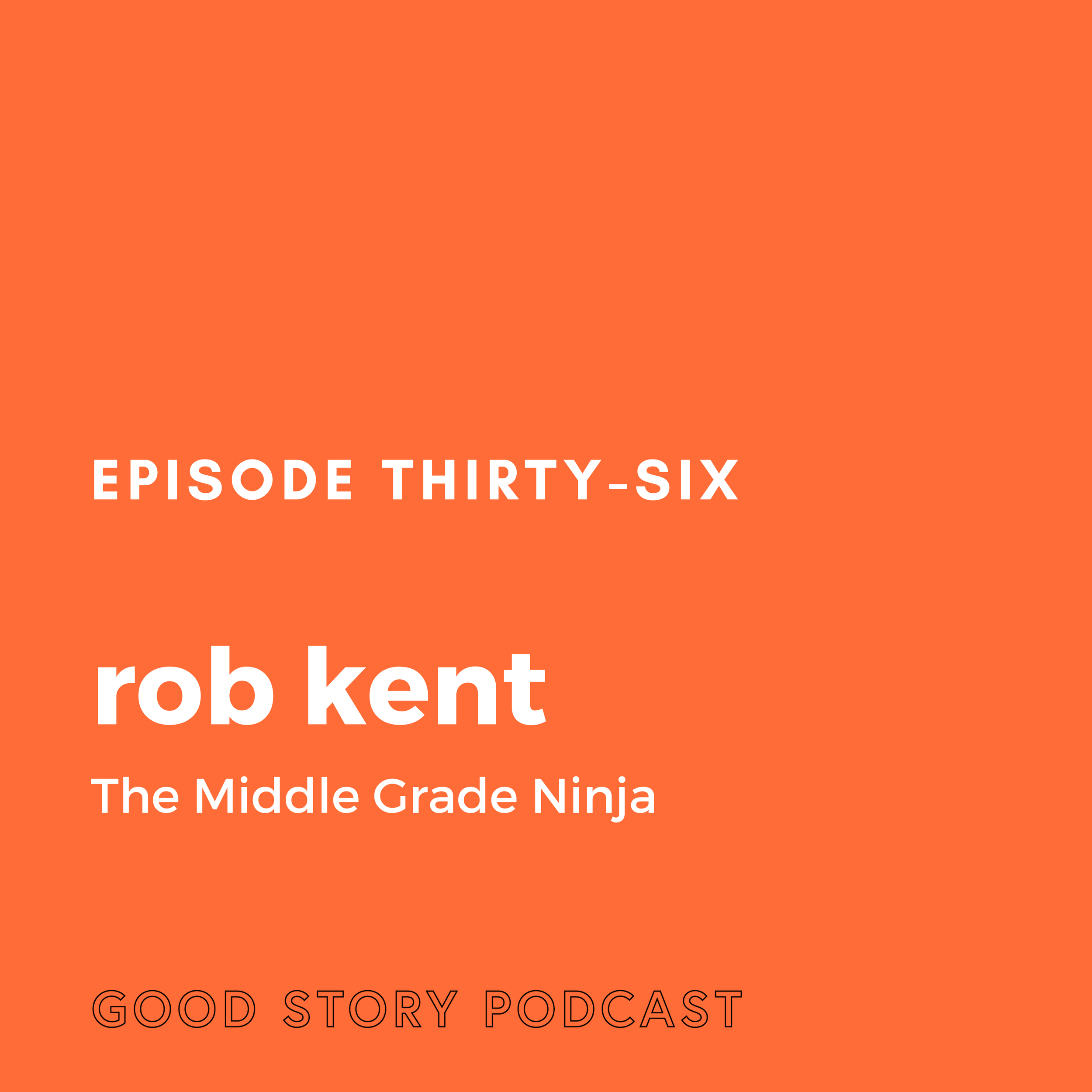
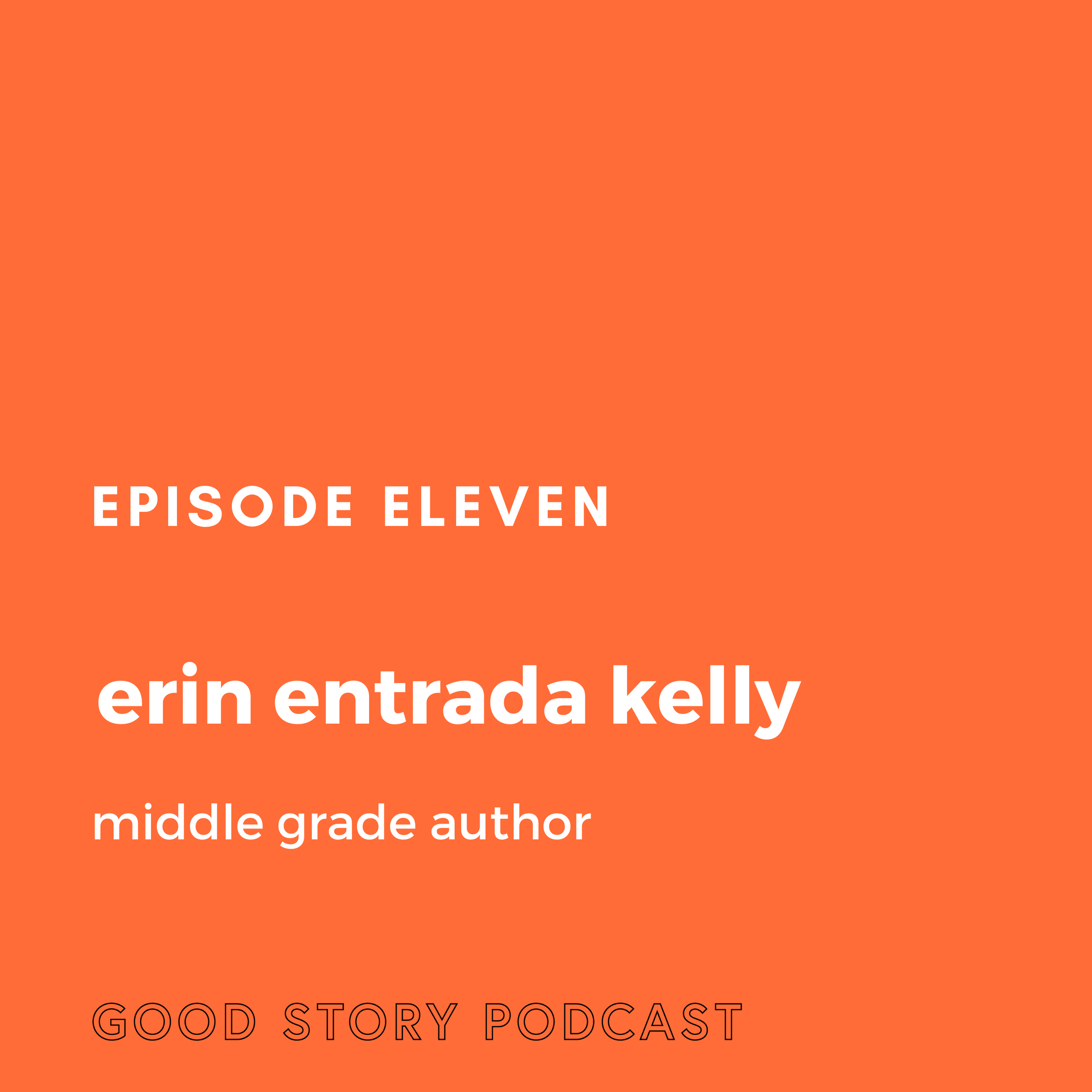
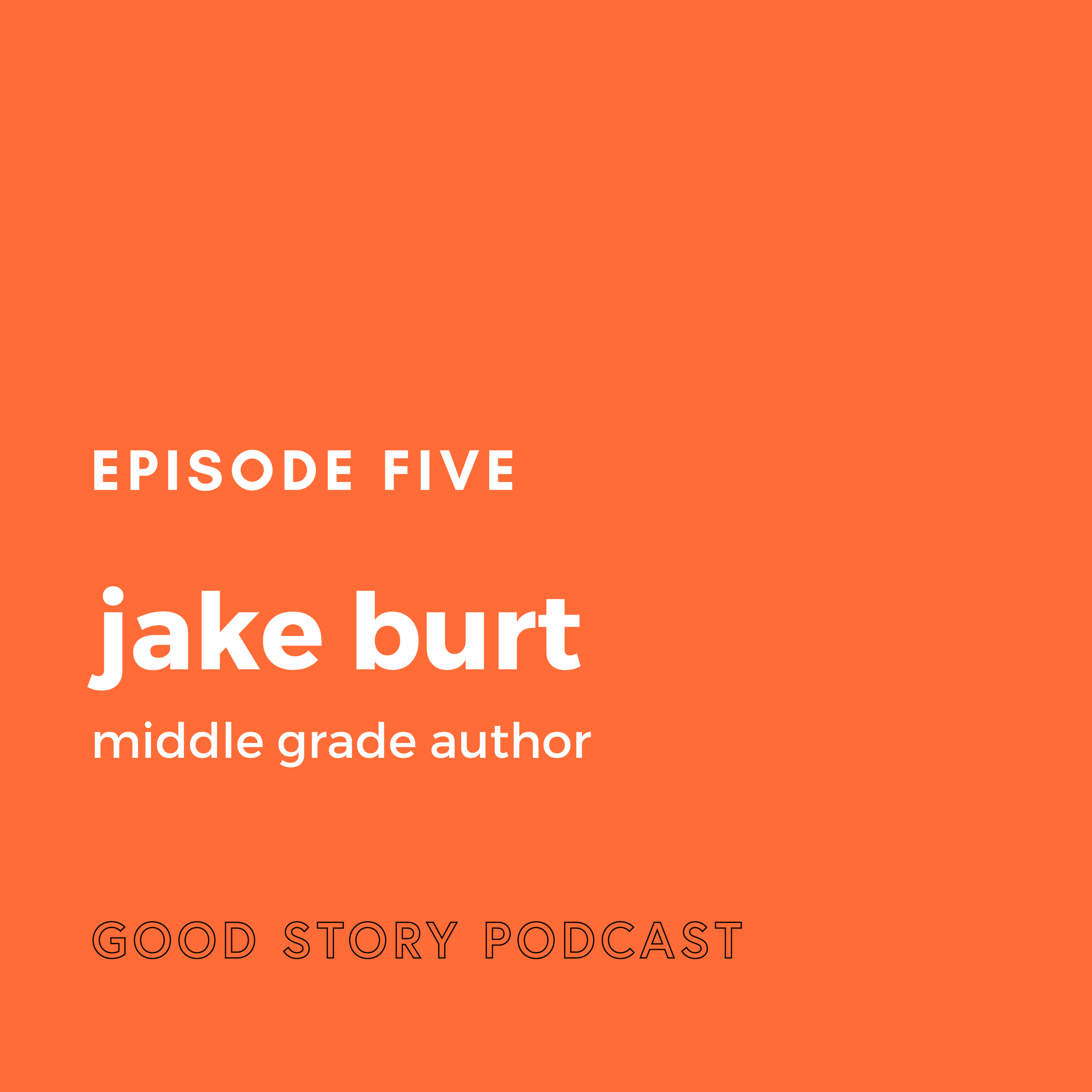

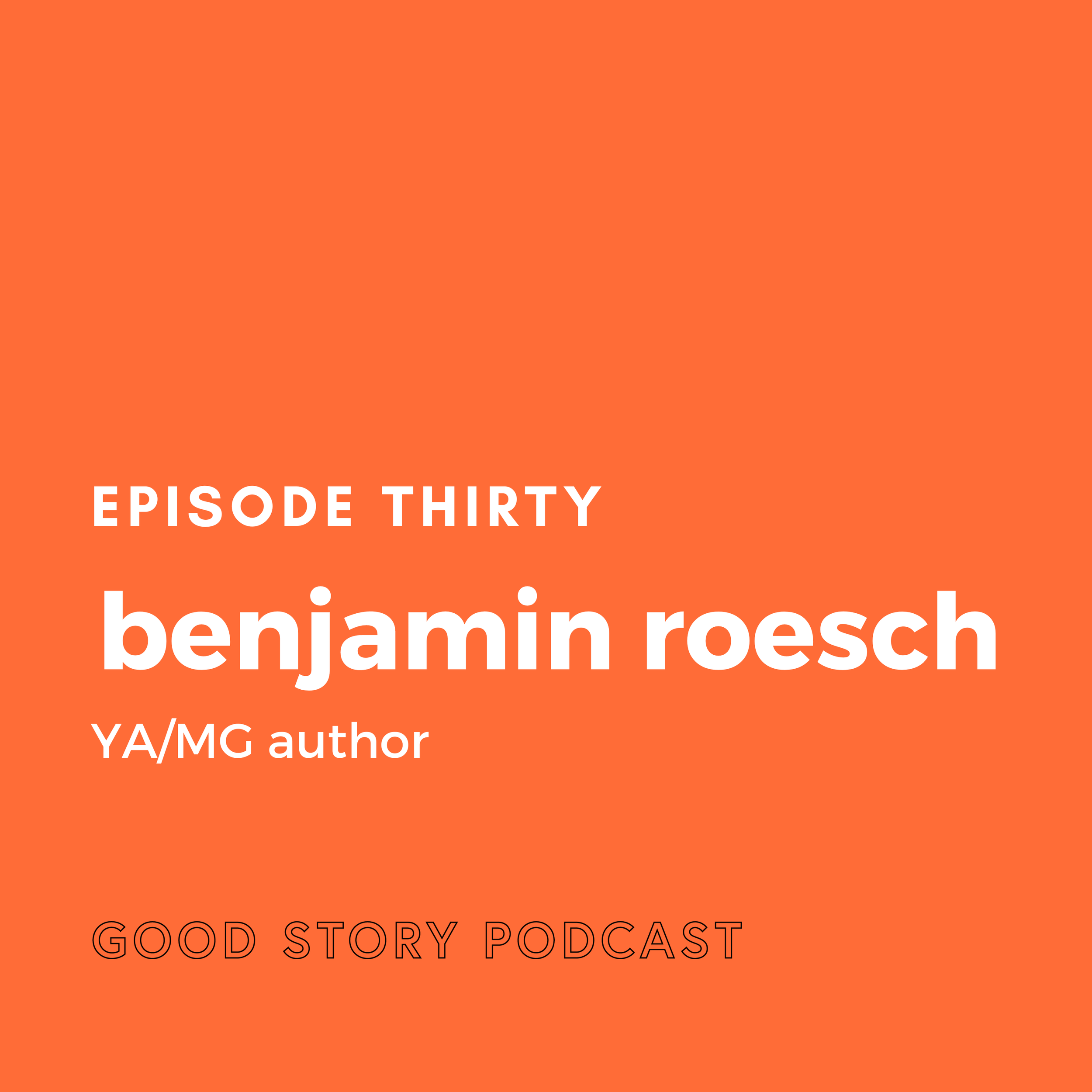
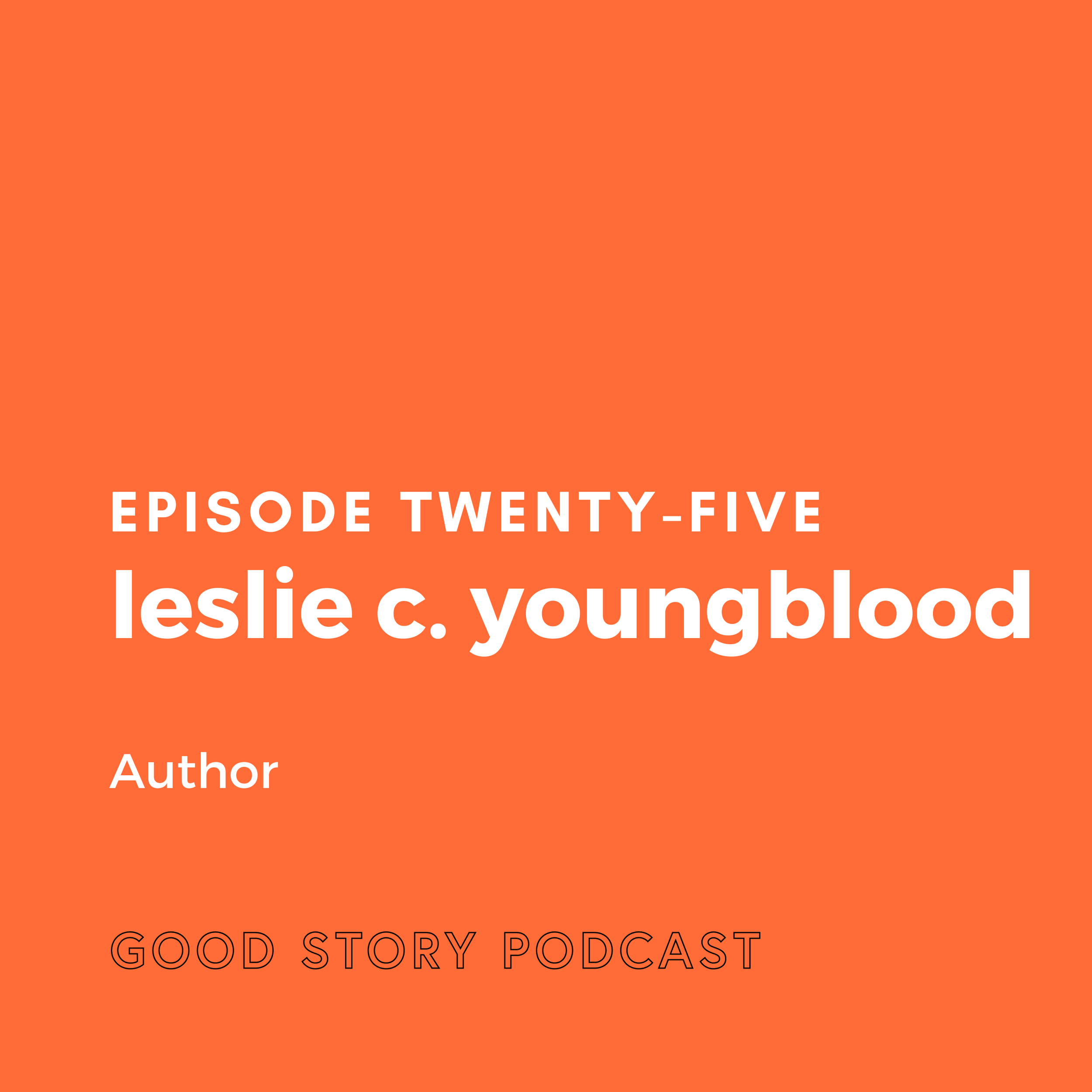
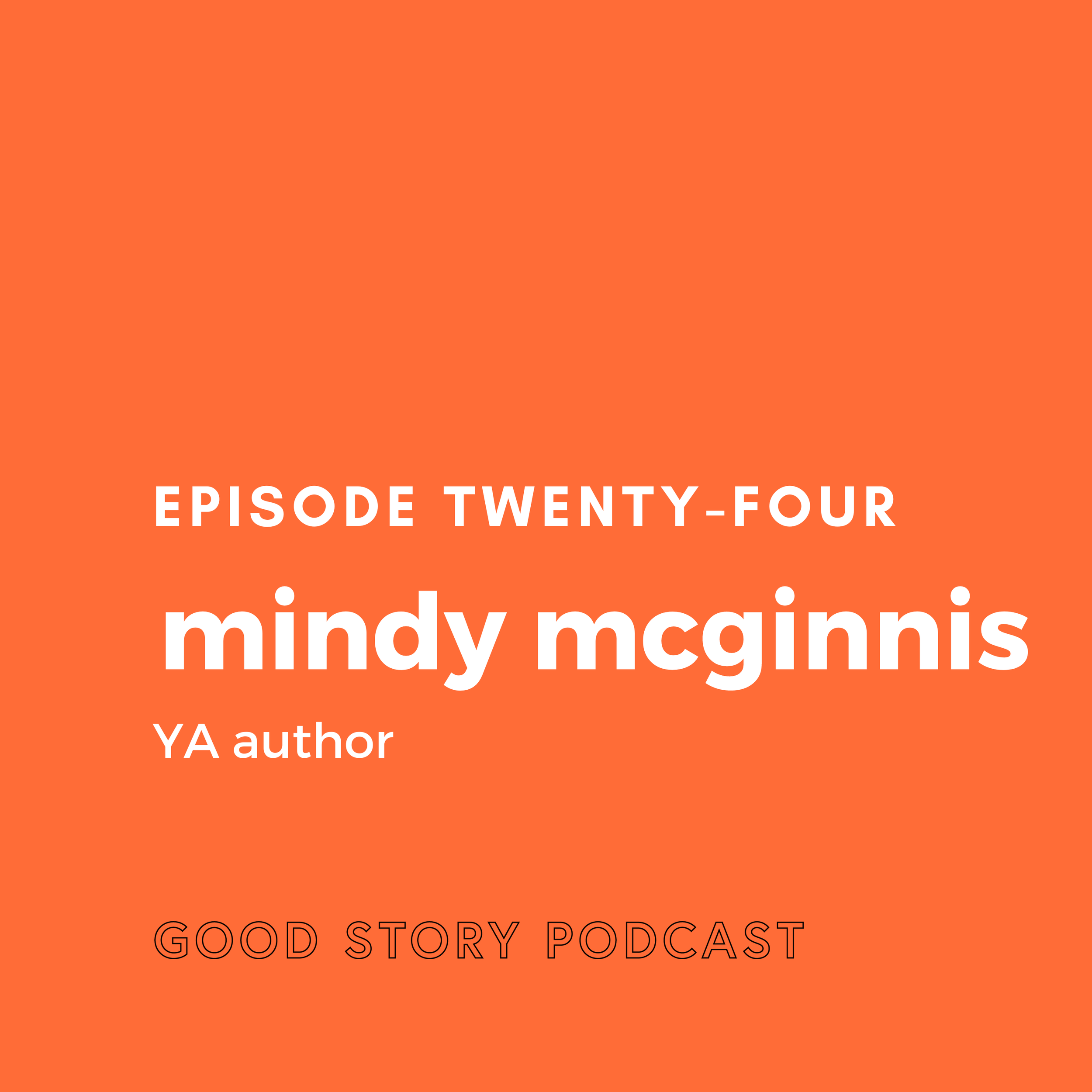

















What’s the secret behind designing a bestselling YA book cover? Casey Moses, an Assistant Art Director at Penguin Random House, gives us some answers and provides insight into the role of a book cover designer. Listen to our in-depth conversation to learn about designing typography, special edition production, and the unusual methods for achieving perfect photoshoot conditions.